In a short span, the odd fanatic of Western classical music could attain nirvana in ways beyond the grooves of a compact disc.
For a certain kind of Indian, there has been no time and place like the last four years in Mumbai. In this short span, the odd fanatic of Western classical music could attain nirvana in ways beyond the grooves of a compact disc.
He could watch, in concert, the Vienna Philharmonic, Rostropovich, Domingo, Zukerman, Barenboim, Kovacevich, Lang Lang… He could hear the anthem of his life, Beethoven’s Ninth, live. On Thursday, he also heard the Ebene Quartet, one of the most sought-after in the world.
“The Vienna Philharmonic! Can you beat that? The Ninth too,” says Arnab Banerjee, 30, still suffering from a state of disbelief. Banerjee works with Crisil and spends all his free time collecting CDs and attending concerts. Older Western classical aficionados, many of them past 60, say the flurry of activity is not for the first time. It ebbs and flows.
“From the late 50s to the early 80s, we had artistes and orchestras of the best calibre coming here, courtesy the Bombay Madrigal Singers Organisation (BMSO),” says Homai Bilpodwala, 75, a founder of the organisation who is also on the NCPA’s advisory committee. “Karajan, Rubinstein, Kempff, Oistrakh, Ruggiero Ricci, the Bolshoi Ballet, Vienna Boys’ Choir... you name it.”
There was a lull after the BMSO died out in the 80s, although artistes kept coming from time to time, thanks to organisations like the Time and Talents Club and the Mehli Mehta Music Foundation, which was established in 1995. An integral part of the scene has also been amateur orchestras, like the Bombay Chamber Orchestra. Then, in 2006, something big happened. The country’s first professional orchestra, the Symphony Orchestra of India (SOI), was founded, institutionalising Western classical music in Mumbai.
“It’s a grand vision,” says Zane Dalal, the orchestra’s conductor in residence since 2007. “Having a symphony orchestra at the helm of culture is a time-honoured tradition of international cities. If Mumbai is to project itself as a cosmopolitan city, a centre of world trade, it must have an orchestra. It’s part of globalisation.” Dalal, 45, cites several examples of Asian cities with orchestras, particularly Kuala Lumpur and its well-funded Malaysian Philharmonic. “You also get the best Indian classical music in Kuala Lumpur.
It’s about offering people, pouring in from around the world on business, a home away from home and a cultural array,” he says. “Just as you want to have the best food from around the world in one city, and drive the best cars, you must have the best music. An orchestra in Mumbai is simply a must.”
SOI has had seven seasons till now. Two are held a year — one in February and one in September. Last season, the orchestra presented Beethoven’s Symphony No 9, a sprawling, difficult work. “I was really impressed with the performance,” says Sunil Mukhi, 53, string theorist and professor, TIFR. “The Ninth is a tough piece and a long one, and the orchestra required is just enormous. It is indeed a sign of maturity that they could pull this off so superbly.”
Mukhi’s words should be music to NCPA chairman Khushroo Suntook’s ears. Suntook, 74, is a walking encyclopaedia of Western classical music and one whose passion keeps taking him to the great concert halls of Europe and the US. Dalal says Suntook single-handedly founded the orchestra. “Mumbai has always had listeners of Western classical music. What we needed was a self-supporting orchestra, a Test team,” says Suntook.
“There’s a huge interest in Western classical music in Asia. Japan has had a strong tradition for 80 years. In China, 30,000 children are learning the violin. Prime minister Manmohan Singh says he wants Mumbai to be another Shanghai. We should be able to do that.”
The idea of the orchestra germinated over a chat Suntook had with violinist and conductor Marat Bisengaliev after a concert at London’s Royal Festival Hall in 2004. Bisengaliev, who is now the music director of SOI, is from Kazakhstan and an internationally-renowned artiste. “I bounced the idea off him and he said ‘why not?’,” Suntook says.
So Bisengaliev, who divides his time between the SOI and the Almaty-based West Kazakhstan Philharmonic Orchestra, came to India with a core group of musicians.
“The first round of auditions to recruit Indian string players was a flop. Nonetheless, he selected the ones with potential and arranged to train them according to a strict Russian regimen,” Suntook says. The efforts paid off and SOI now has more than 10 Indian instrumentalists, two of whom have even been approached by orchestras abroad. For those who play Western instruments fairly well and show promise, an audition with SOI seems to be the easiest route to an international career.
Mukhi, however, says the programme — not only of SOI but also of visiting orchestras — needs to be more mature. “The programme tends to be very standard stuff. I remember in the 80s at NCPA, a Russian pianist played Für Elise as an encore and there was a sigh of recognition from the audience... but a bored look on his face as if to say ‘what an over-played piece I have to do here’. Today, people are more sophisticated and I think even Mahler and Stravinsky could be well-received, though I can’t be sure about Schoenberg.”
Because of its scale and necessary investment, some people say Western classical music is elitist and out of place in a poor country like India. “That criticism exists in the West as well,” says Dalal.
“But that’s painting a false picture. Just because some elegantly-dressed people are seen in the audience, it doesn’t mean an art form is elitist. What matters is access. Besides, a ticket for a classical concert is much cheaper than for a pop act.” Mukhi agrees with the elitist tag, but says: “In India, nothing is really out of place.”
![submenu-img]() Bigg Boss OTT 3: Anil Kapoor confirmed as new host, says 'jhakaas nahi kuch khaas karte hai', leaves netizens divided
Bigg Boss OTT 3: Anil Kapoor confirmed as new host, says 'jhakaas nahi kuch khaas karte hai', leaves netizens divided![submenu-img]() Felony charges and political ambitions: Donald Trump at the legal and electoral crossroads
Felony charges and political ambitions: Donald Trump at the legal and electoral crossroads![submenu-img]() This actor left UPSC dreams for Bollywood, was launched by Amitabh, fought Shah Rukh, then disappeared for years, now...
This actor left UPSC dreams for Bollywood, was launched by Amitabh, fought Shah Rukh, then disappeared for years, now...![submenu-img]() Data-Driven Decision Making: Leveraging KPI Metrics for Strategic Insight
Data-Driven Decision Making: Leveraging KPI Metrics for Strategic Insight![submenu-img]() Exploring transformative potential of application modernisation for sustainable solutions in future
Exploring transformative potential of application modernisation for sustainable solutions in future![submenu-img]() Meet Indian genius who won National Spelling Bee contest in US at age 12, he is from…
Meet Indian genius who won National Spelling Bee contest in US at age 12, he is from…![submenu-img]() Meet man who became IIT Bombay professor at just 22, got sacked from IIT after some years because..
Meet man who became IIT Bombay professor at just 22, got sacked from IIT after some years because..![submenu-img]() Meet Indian genius, son of constable, worked with IIT, NASA, then went missing, was found after years in...
Meet Indian genius, son of constable, worked with IIT, NASA, then went missing, was found after years in...![submenu-img]() Meet IAS officer who was victim of domestic violence, mother of two, cracked UPSC exam in first attempt, she's posted in
Meet IAS officer who was victim of domestic violence, mother of two, cracked UPSC exam in first attempt, she's posted in![submenu-img]() RBSE Class 5th, 8th Result 2024 Date, Time: Rajasthan board to announce results today, get direct link here
RBSE Class 5th, 8th Result 2024 Date, Time: Rajasthan board to announce results today, get direct link here![submenu-img]() DNA Verified: Did Kangana Ranaut party with gangster Abu Salem? Actress reveals who's with her in viral photo
DNA Verified: Did Kangana Ranaut party with gangster Abu Salem? Actress reveals who's with her in viral photo![submenu-img]() DNA Verified: New Delhi Railway Station to be closed for 4 years? Know the truth here
DNA Verified: New Delhi Railway Station to be closed for 4 years? Know the truth here![submenu-img]() DNA Verified: Did RSS chief Mohan Bhagwat praise Congress during Lok Sabha Elections 2024? Know the truth here
DNA Verified: Did RSS chief Mohan Bhagwat praise Congress during Lok Sabha Elections 2024? Know the truth here![submenu-img]() DNA Verified: Is CAA an anti-Muslim law? Centre terms news report as 'misleading'
DNA Verified: Is CAA an anti-Muslim law? Centre terms news report as 'misleading'![submenu-img]() DNA Verified: Lok Sabha Elections 2024 to be held on April 19? Know truth behind viral message
DNA Verified: Lok Sabha Elections 2024 to be held on April 19? Know truth behind viral message![submenu-img]() Streaming This Week: Panchayat season 3, Swatantrya Veer Savarkar, Illegal season 3, latest OTT releases to binge-watch
Streaming This Week: Panchayat season 3, Swatantrya Veer Savarkar, Illegal season 3, latest OTT releases to binge-watch![submenu-img]() Avneet Kaur shines in navy blue gown with shimmery trail at Cannes 2024, fans say 'she is unstoppable now'
Avneet Kaur shines in navy blue gown with shimmery trail at Cannes 2024, fans say 'she is unstoppable now'![submenu-img]() Assamese actress Aimee Baruah wins hearts as she represents her culture in saree with 200-year-old motif at Cannes
Assamese actress Aimee Baruah wins hearts as she represents her culture in saree with 200-year-old motif at Cannes ![submenu-img]() Aditi Rao Hydari's monochrome gown at Cannes Film Festival divides social media: 'We love her but not the dress'
Aditi Rao Hydari's monochrome gown at Cannes Film Festival divides social media: 'We love her but not the dress'![submenu-img]() AI models play volley ball on beach in bikini
AI models play volley ball on beach in bikini![submenu-img]() DNA Explainer: Why was Iranian president Ebrahim Raisi, killed in helicopter crash, regarded as ‘Butcher of Tehran’?
DNA Explainer: Why was Iranian president Ebrahim Raisi, killed in helicopter crash, regarded as ‘Butcher of Tehran’?![submenu-img]() DNA Explainer: Why did deceased Iranian President Ebrahim Raisi wear black turban?
DNA Explainer: Why did deceased Iranian President Ebrahim Raisi wear black turban?![submenu-img]() Iran President Ebrahim Raisi's death: Will it impact gold, oil prices and stock markets?
Iran President Ebrahim Raisi's death: Will it impact gold, oil prices and stock markets?![submenu-img]() Haryana Political Crisis: Will 3 independent MLAs support withdrawal impact the present Nayab Saini led-BJP government?
Haryana Political Crisis: Will 3 independent MLAs support withdrawal impact the present Nayab Saini led-BJP government?![submenu-img]() DNA Explainer: Why Harvey Weinstein's rape conviction was overturned, will beleaguered Hollywood mogul get out of jail?
DNA Explainer: Why Harvey Weinstein's rape conviction was overturned, will beleaguered Hollywood mogul get out of jail?![submenu-img]() Bigg Boss OTT 3: Anil Kapoor confirmed as new host, says 'jhakaas nahi kuch khaas karte hai', leaves netizens divided
Bigg Boss OTT 3: Anil Kapoor confirmed as new host, says 'jhakaas nahi kuch khaas karte hai', leaves netizens divided![submenu-img]() This actor left UPSC dreams for Bollywood, was launched by Amitabh, fought Shah Rukh, then disappeared for years, now...
This actor left UPSC dreams for Bollywood, was launched by Amitabh, fought Shah Rukh, then disappeared for years, now...![submenu-img]() Bujii and Bhairava review: Prabhas' futuristic Baahubali-type Kalki 2898 prelude AD is fun, AI Keerthy steals the show
Bujii and Bhairava review: Prabhas' futuristic Baahubali-type Kalki 2898 prelude AD is fun, AI Keerthy steals the show![submenu-img]() This actress gave no hits in 9 years, no Bollywood releases in 5 years, charges Rs 40 crore per film, net worth is..
This actress gave no hits in 9 years, no Bollywood releases in 5 years, charges Rs 40 crore per film, net worth is..![submenu-img]() Mr & Mrs Mahi review: Janhvi, Rajkummar's earnest performances can't save film that doesn't really get cricket or women
Mr & Mrs Mahi review: Janhvi, Rajkummar's earnest performances can't save film that doesn't really get cricket or women![submenu-img]() Viral video: Little girl’s adorable dance to 'Ruki Sukhi Roti' will melt your heart, watch
Viral video: Little girl’s adorable dance to 'Ruki Sukhi Roti' will melt your heart, watch![submenu-img]() Groom jumps off stage for impromptu dance with friends, viral video leaves netizens in splits
Groom jumps off stage for impromptu dance with friends, viral video leaves netizens in splits![submenu-img]() Viral video: Chinese man stuns internet by balancing sewing machine on glass bottles, watch
Viral video: Chinese man stuns internet by balancing sewing machine on glass bottles, watch![submenu-img]() Watch: First video of Mukesh Ambani's son Anant Ambani-Radhika Merchant's 2nd pre-wedding bash goes viral
Watch: First video of Mukesh Ambani's son Anant Ambani-Radhika Merchant's 2nd pre-wedding bash goes viral![submenu-img]() Viral video: Outrage over woman's dance at Mumbai airport sparks calls for action, watch
Viral video: Outrage over woman's dance at Mumbai airport sparks calls for action, watch
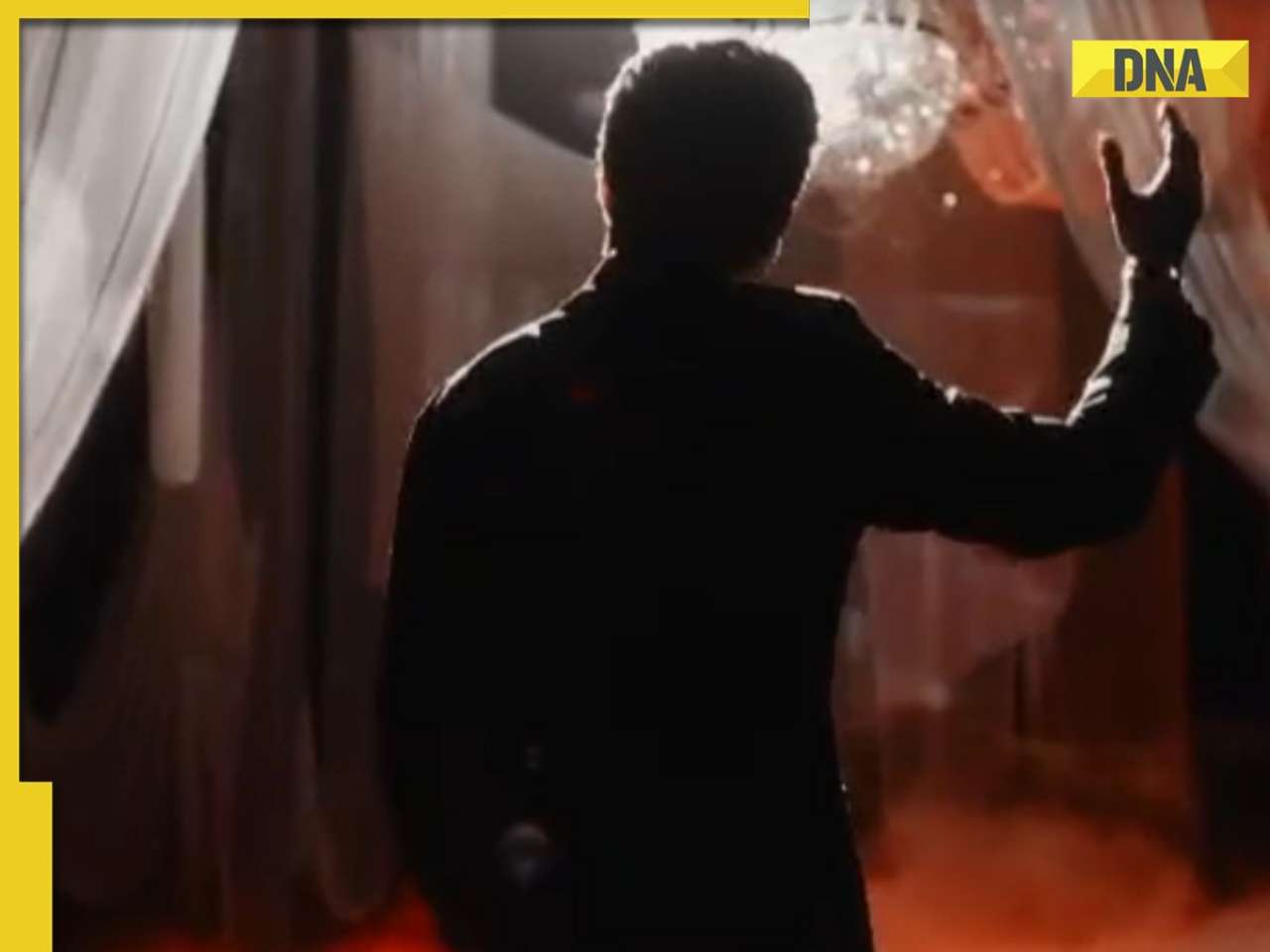
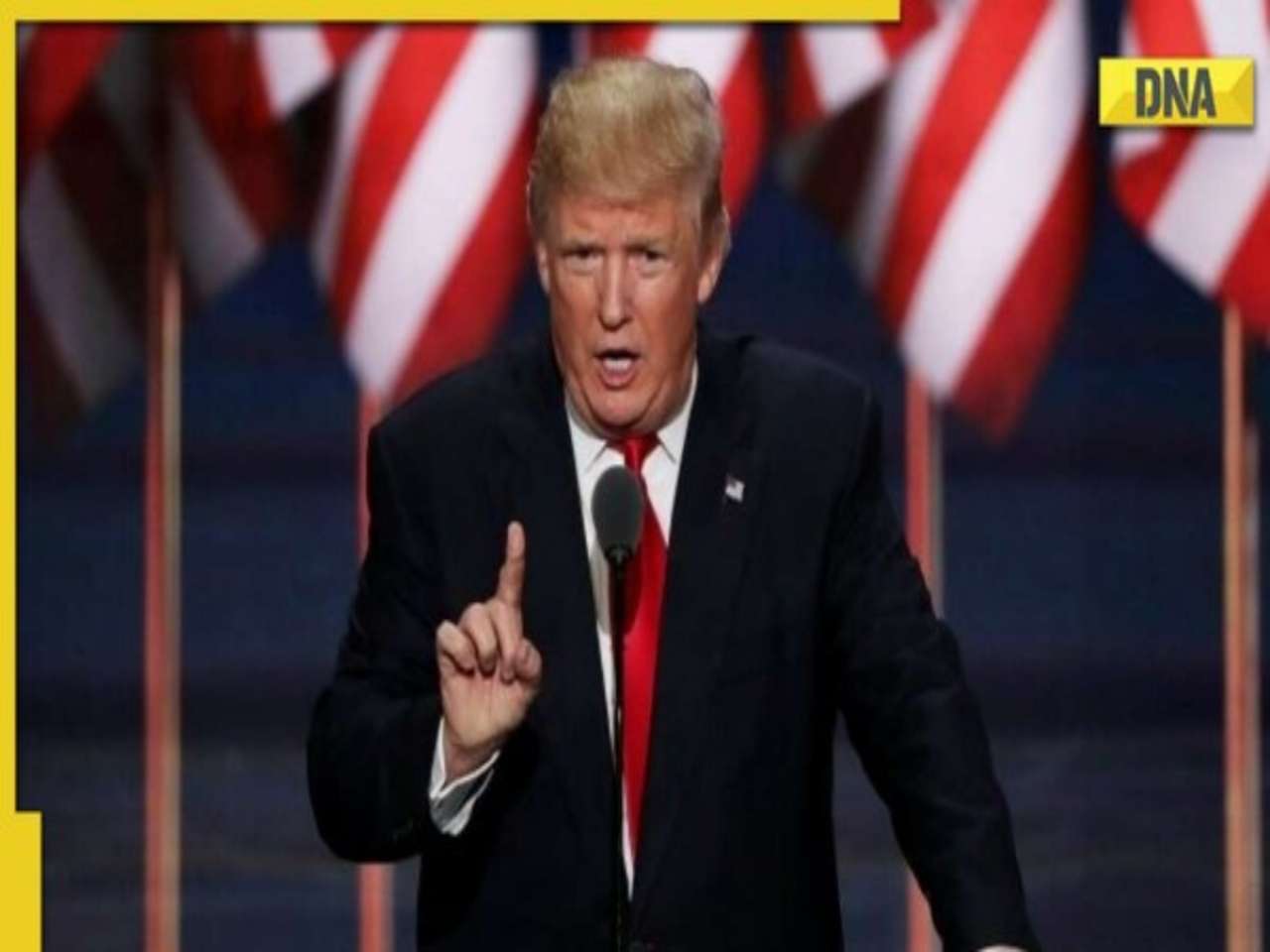
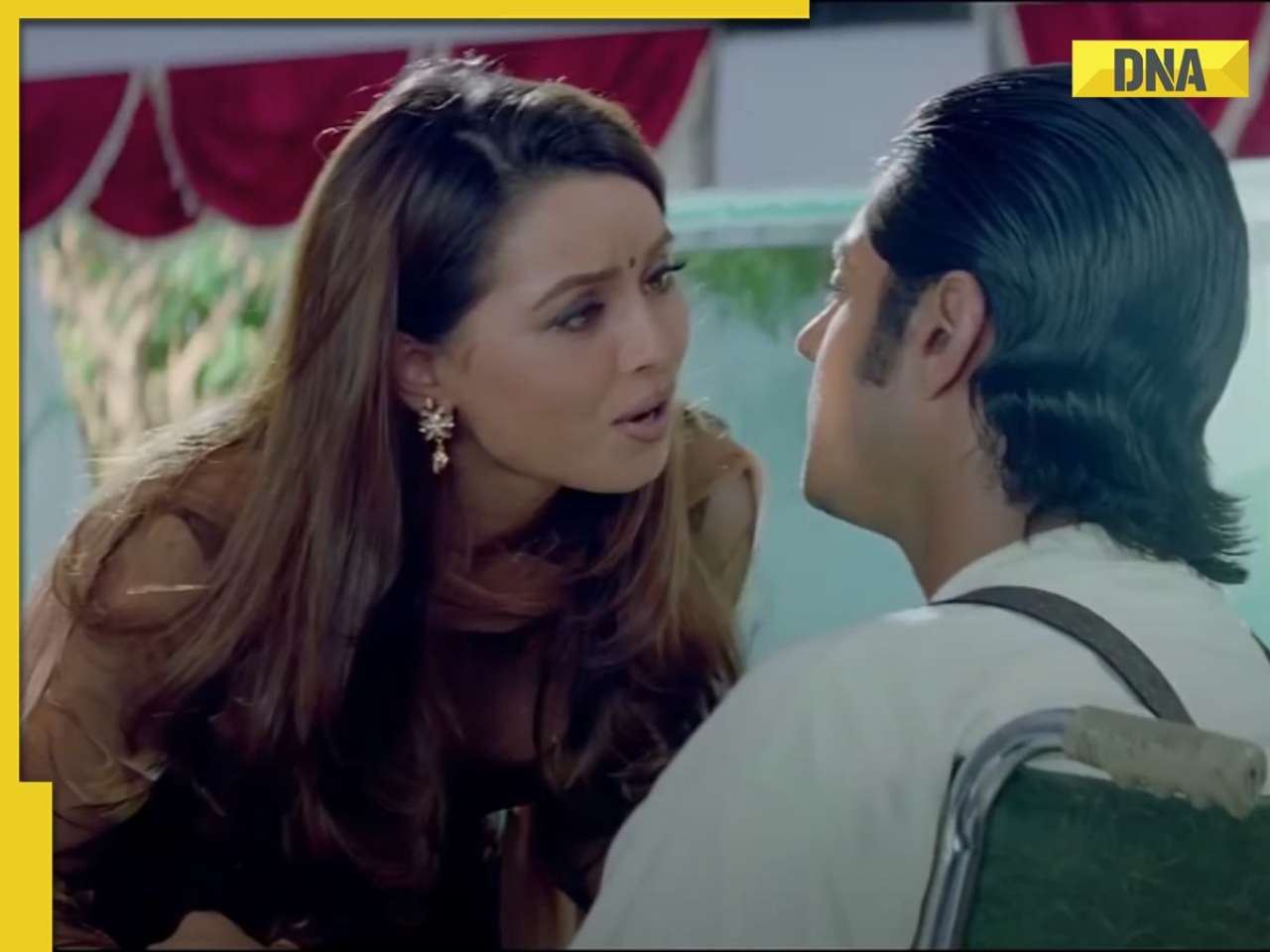
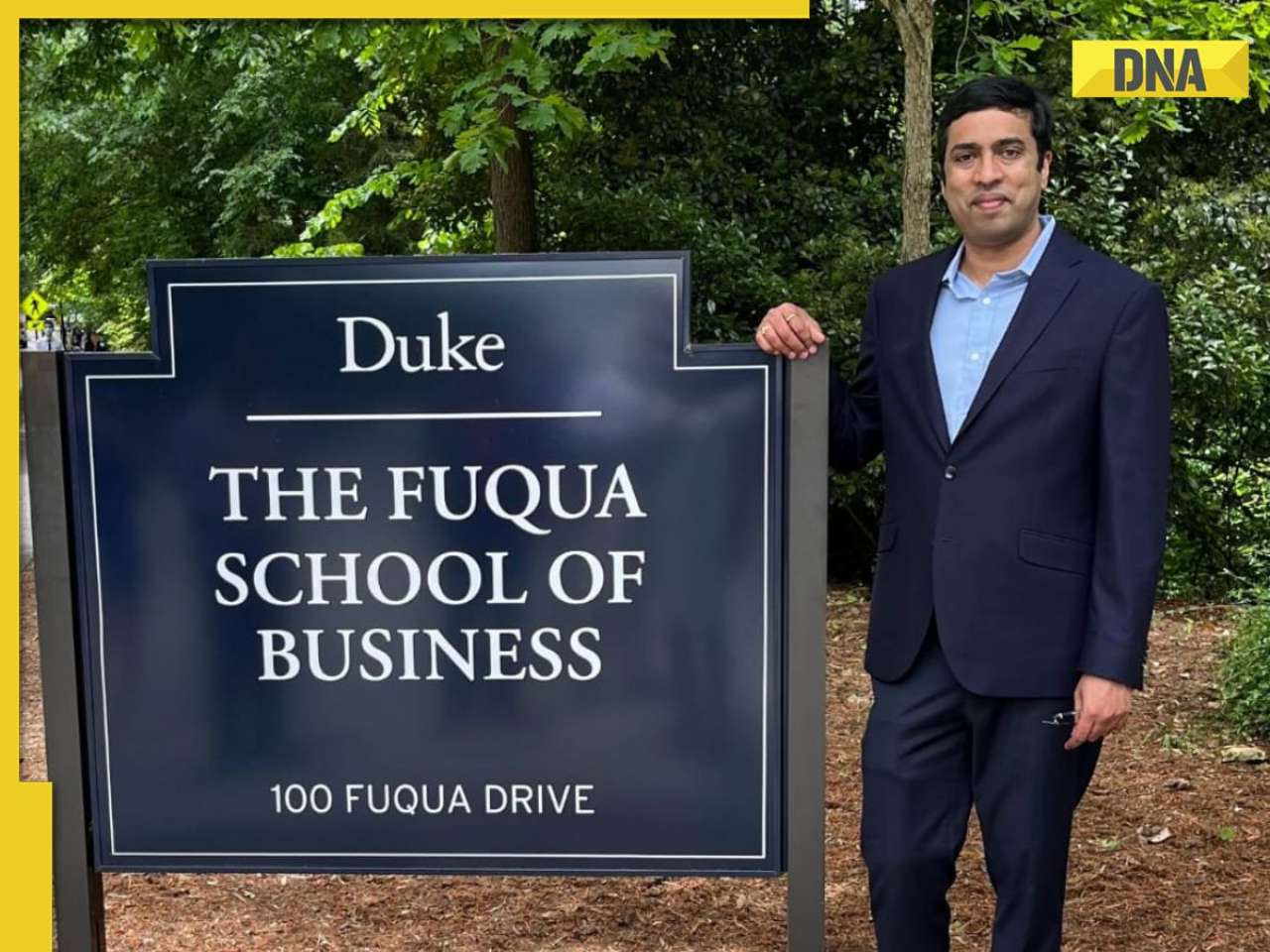
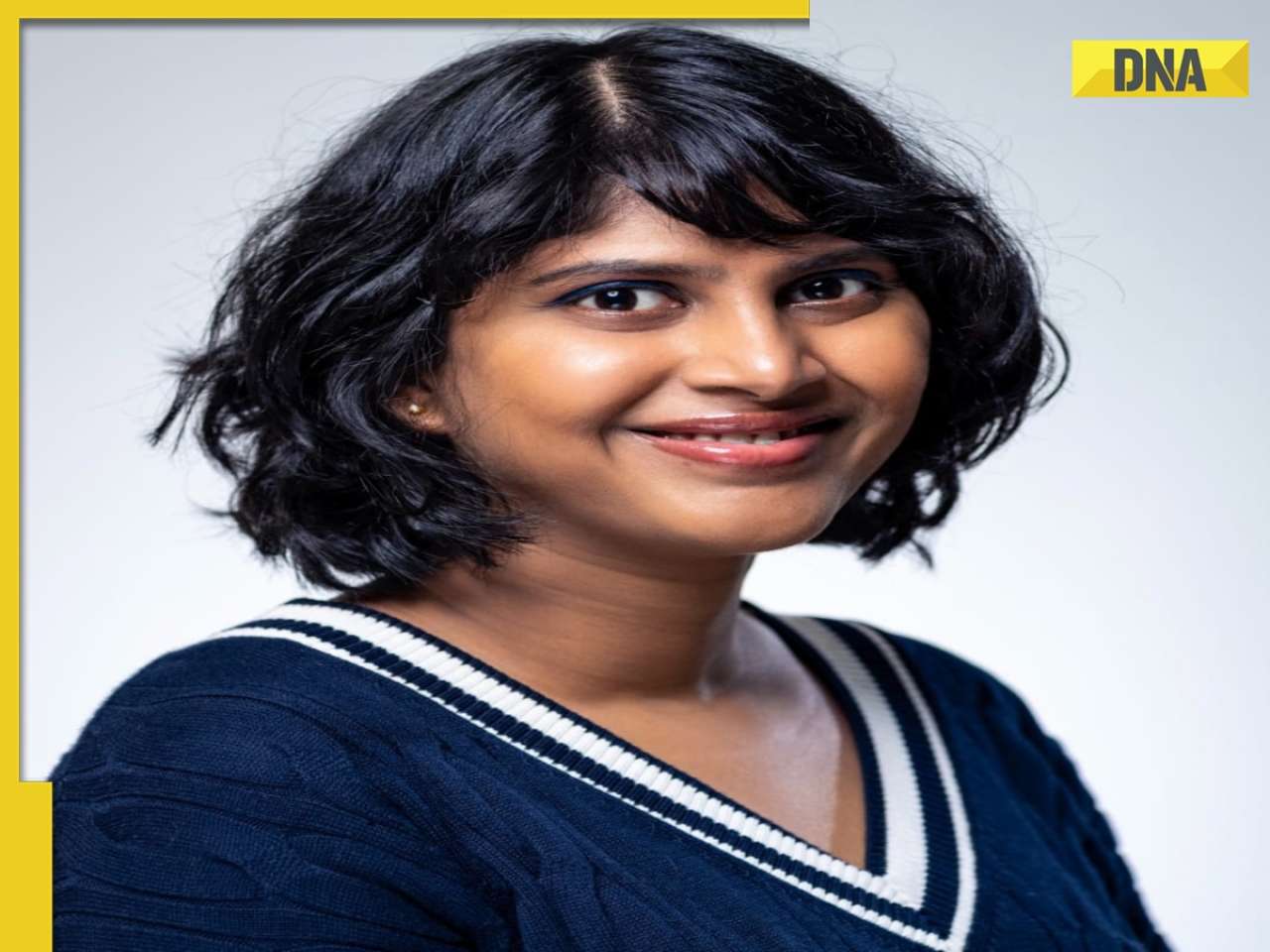




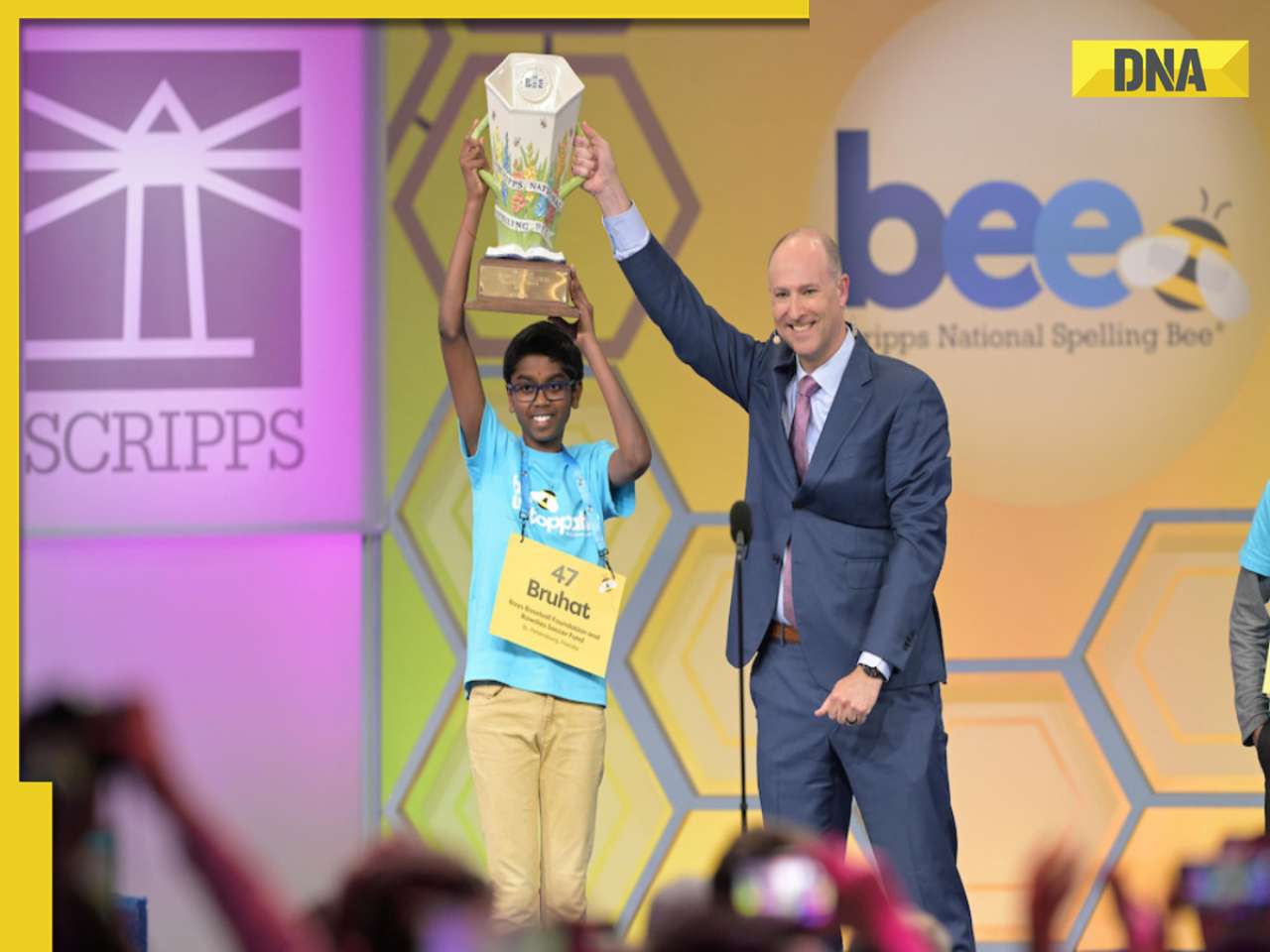
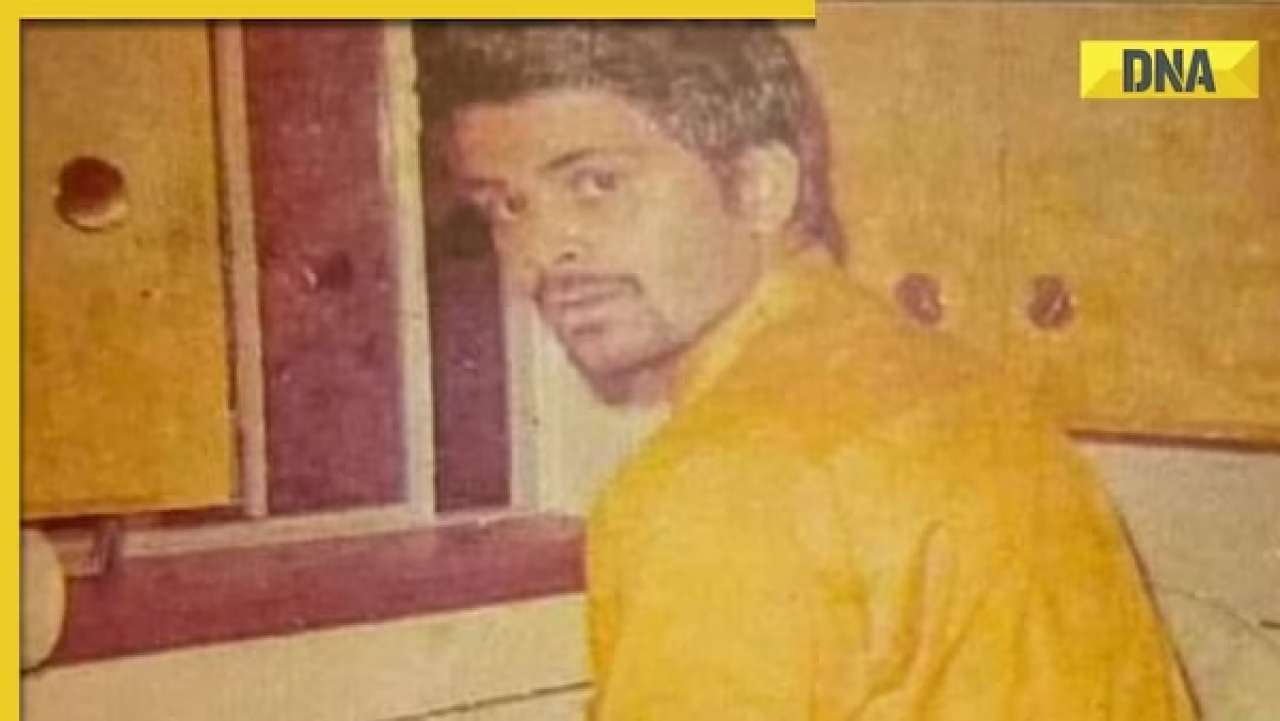
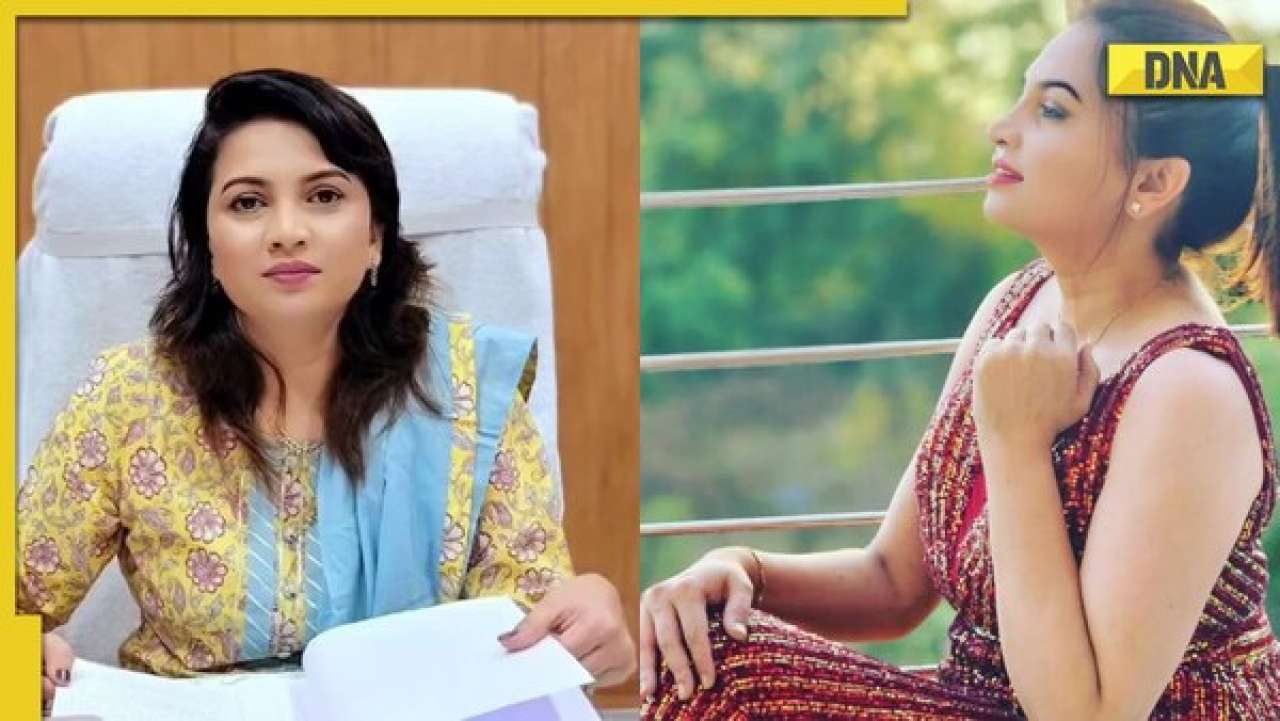
















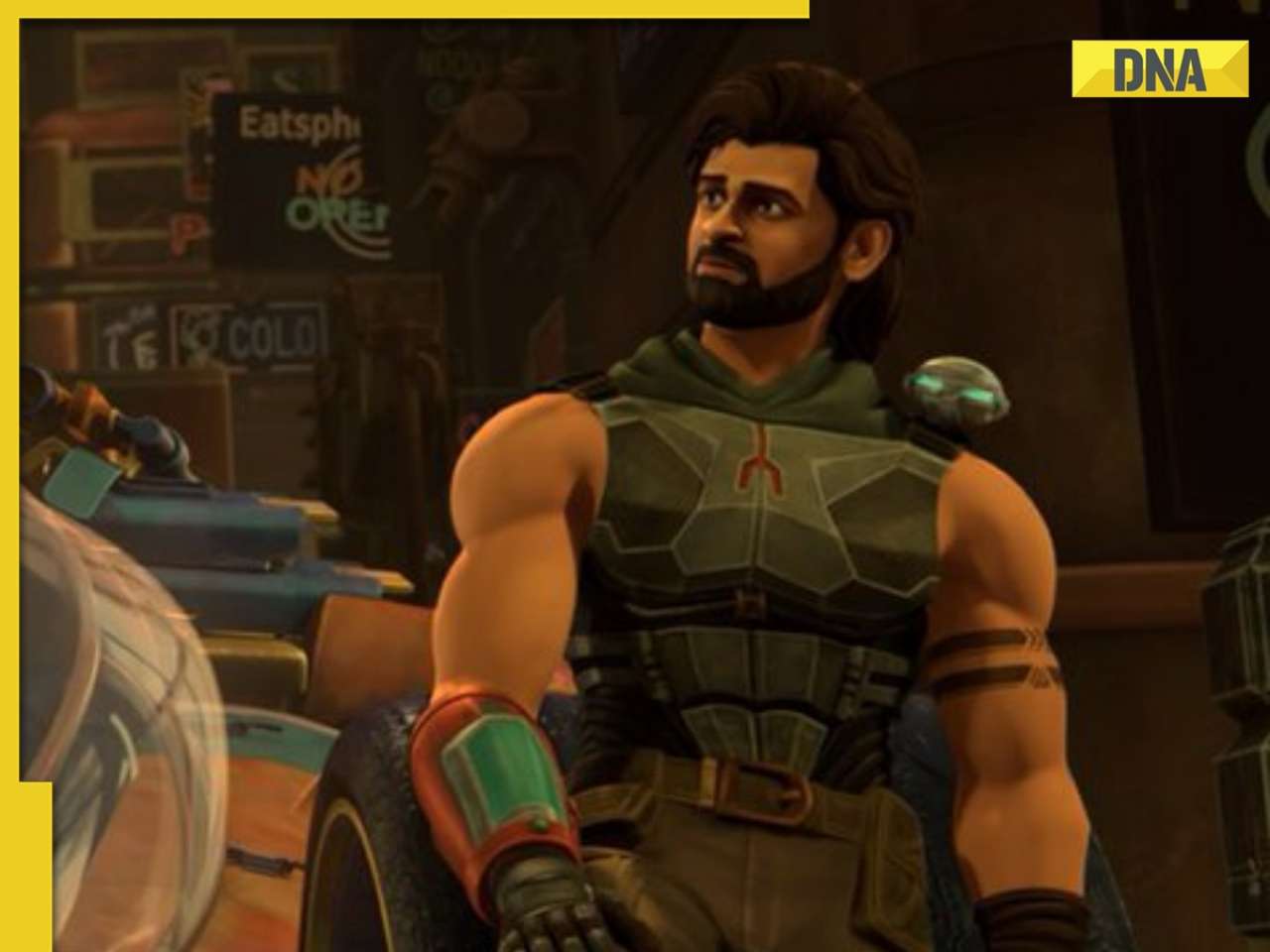

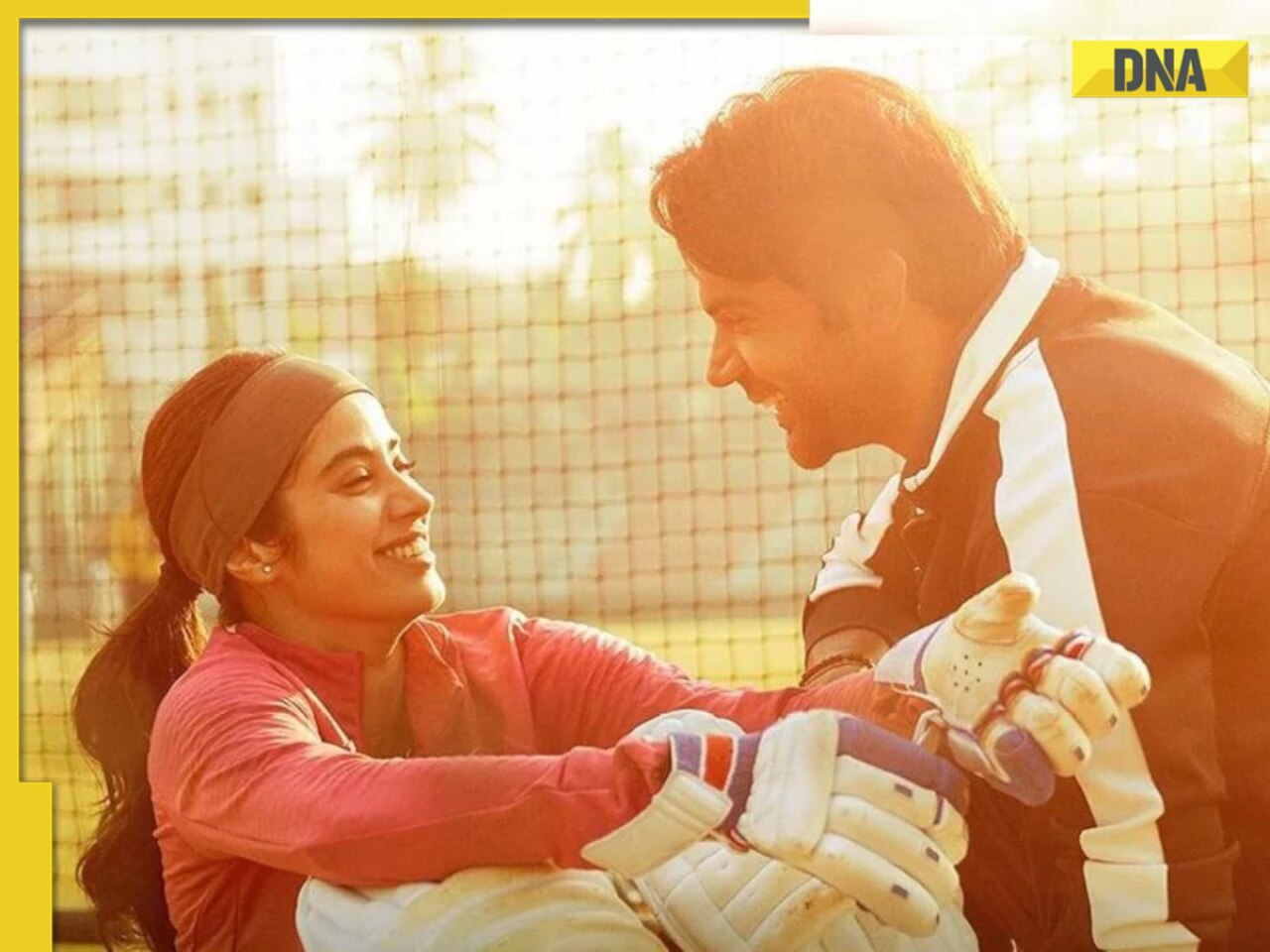
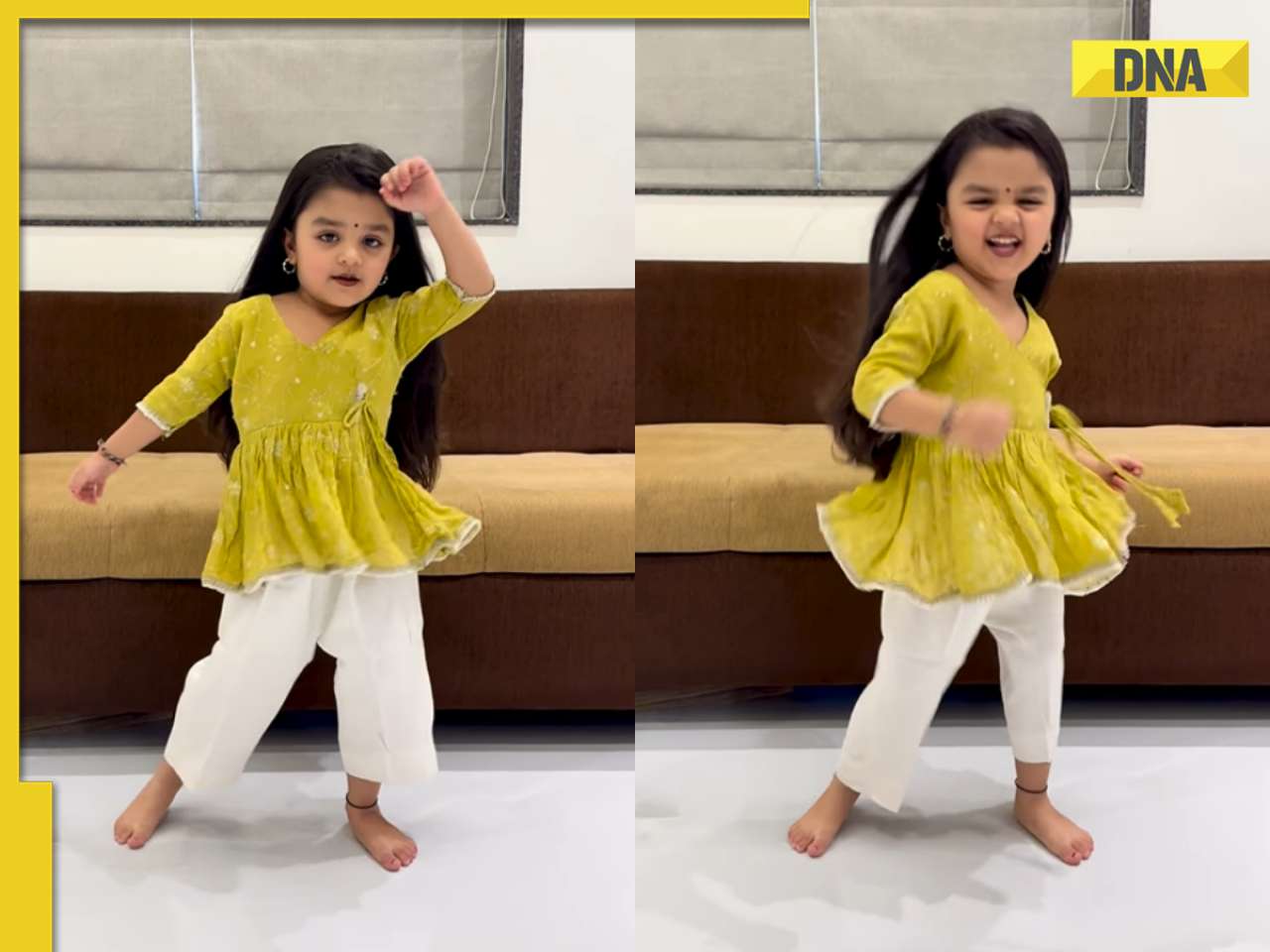
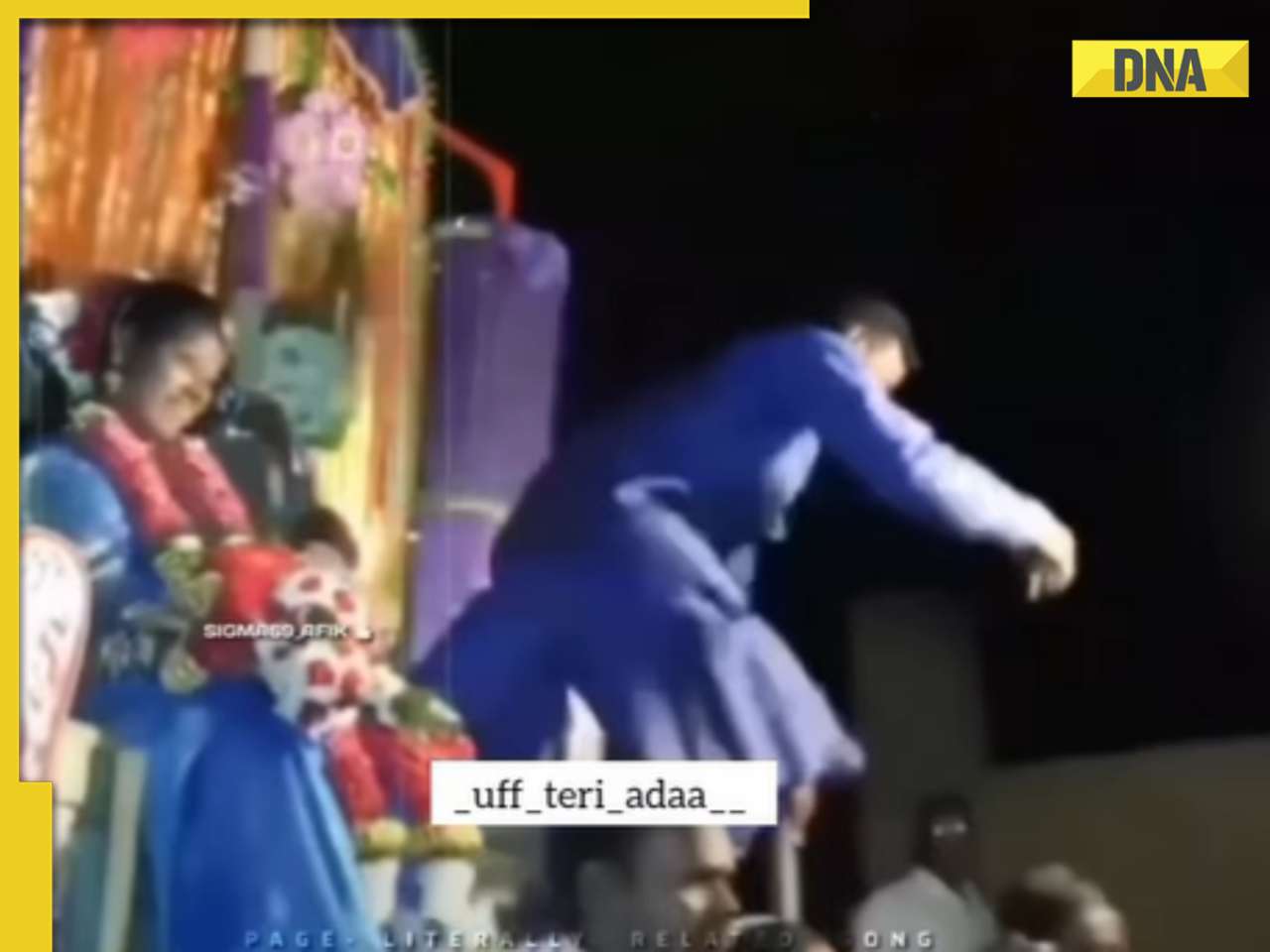

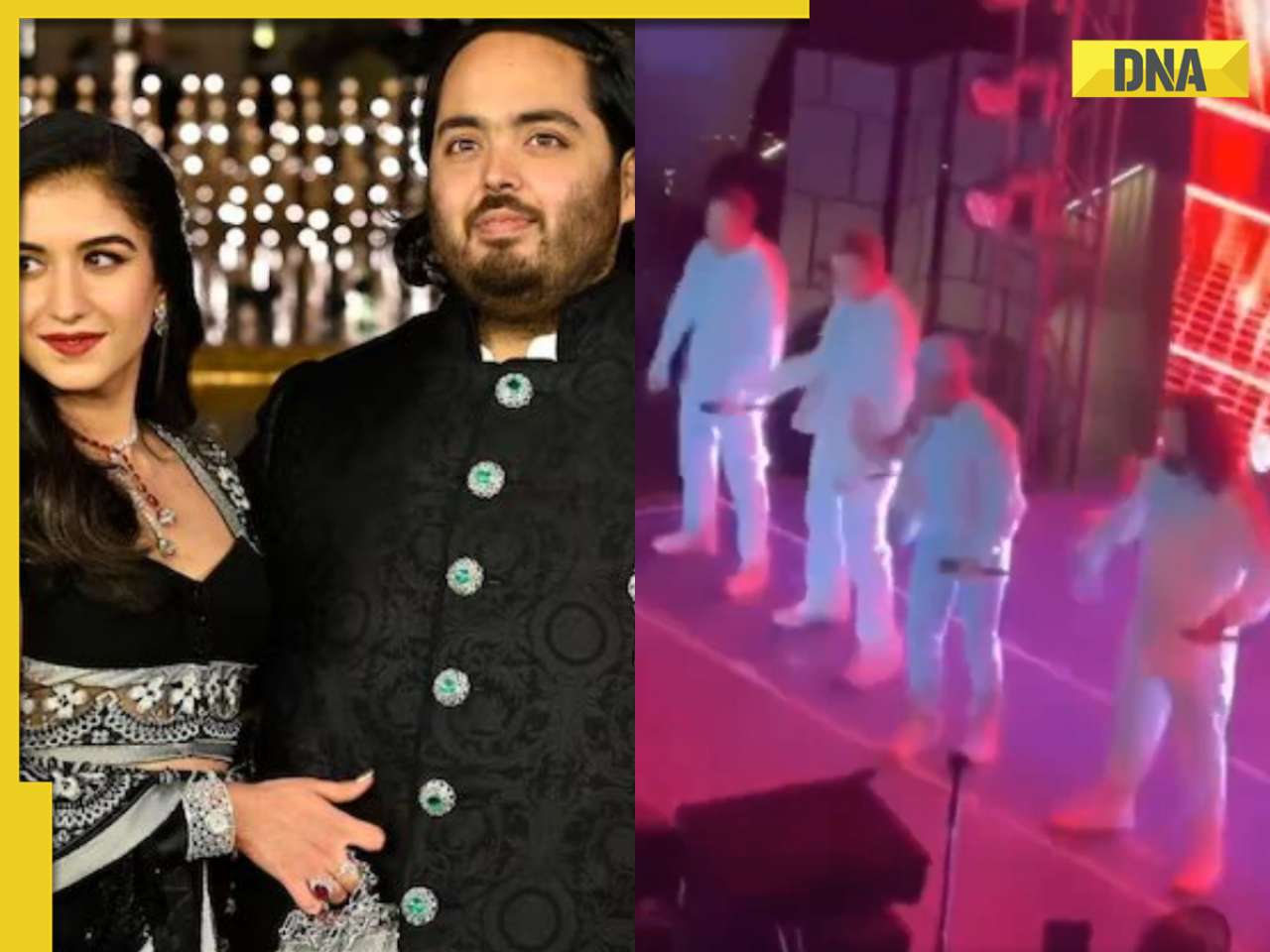
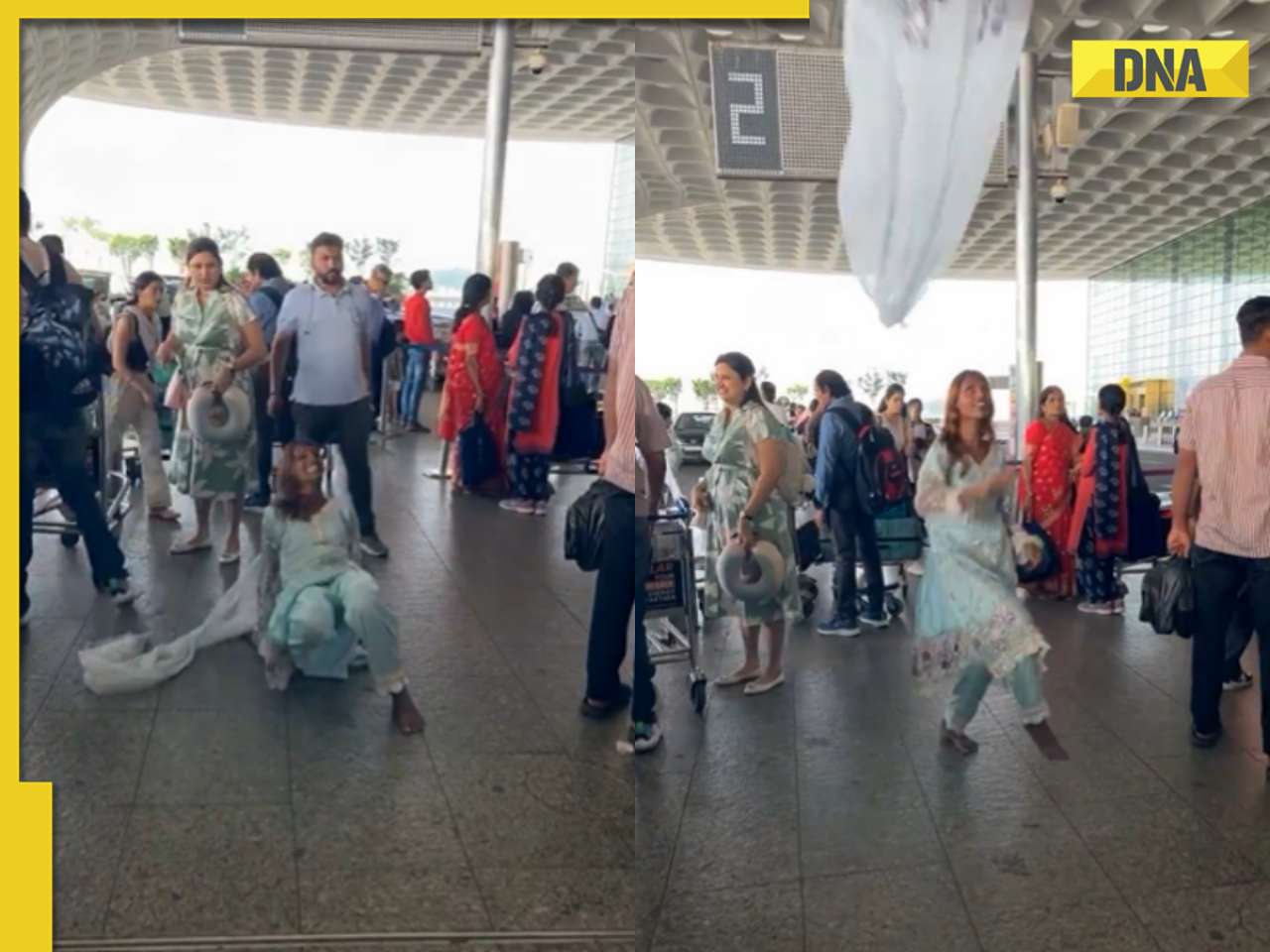


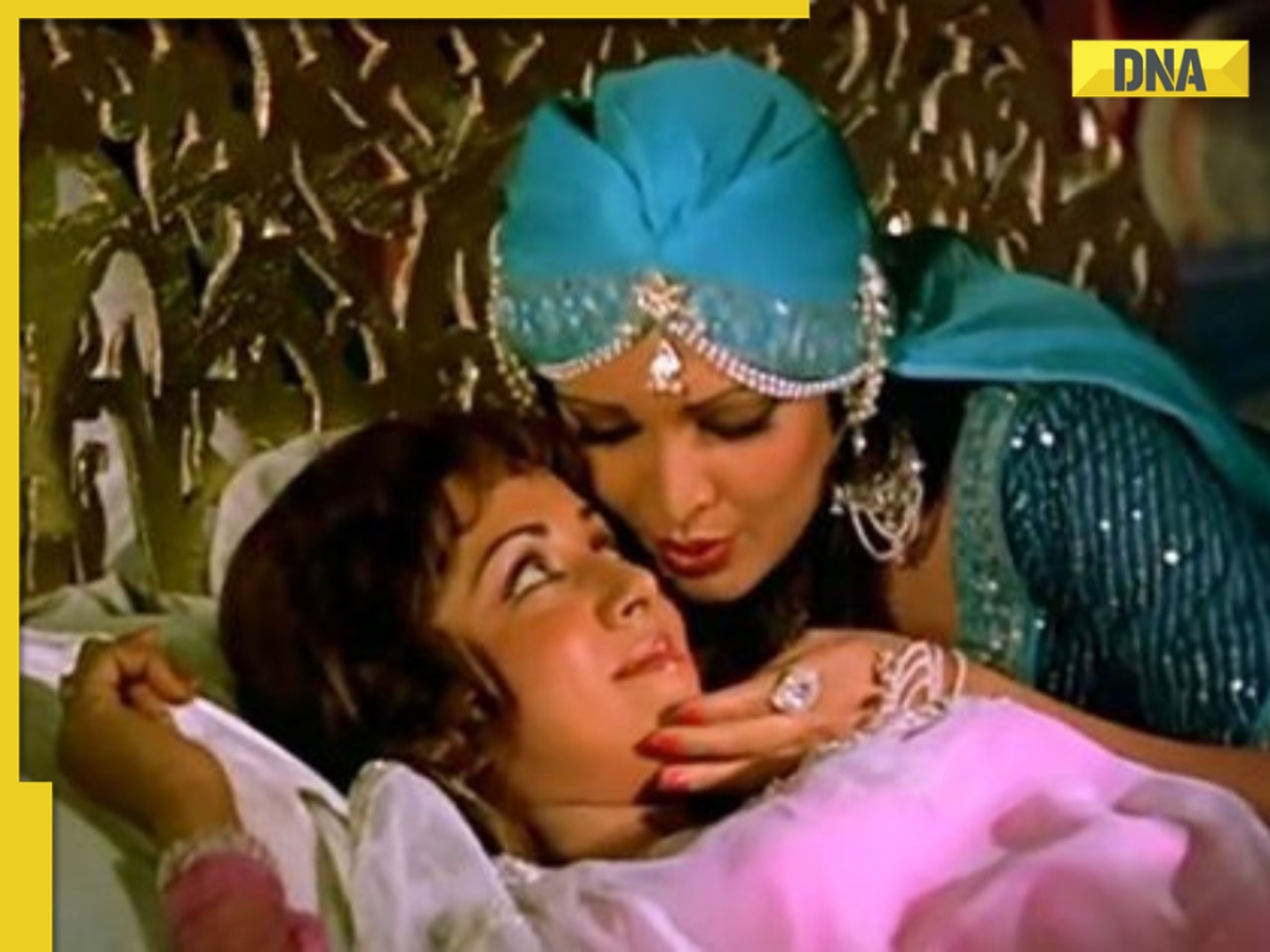
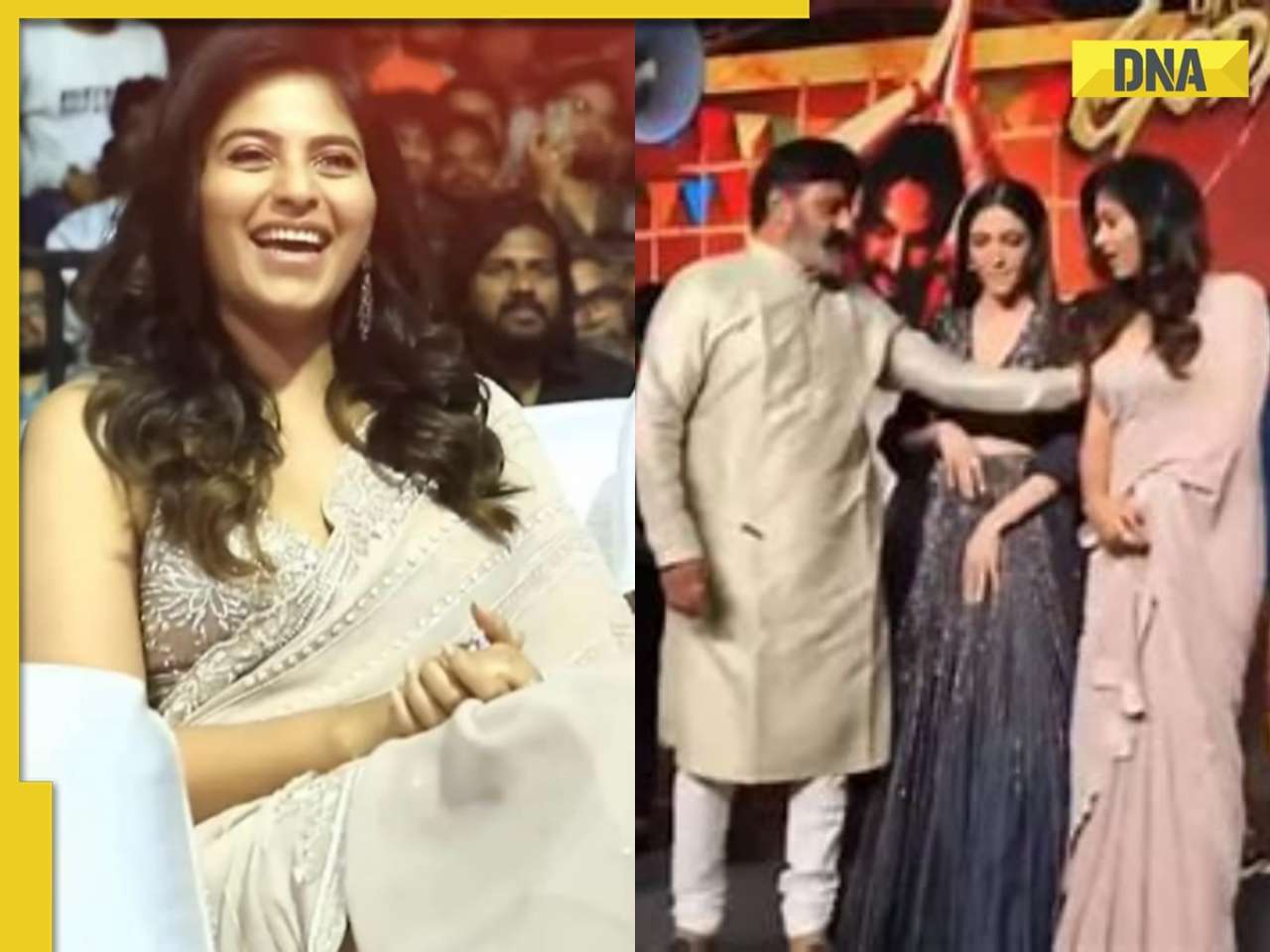
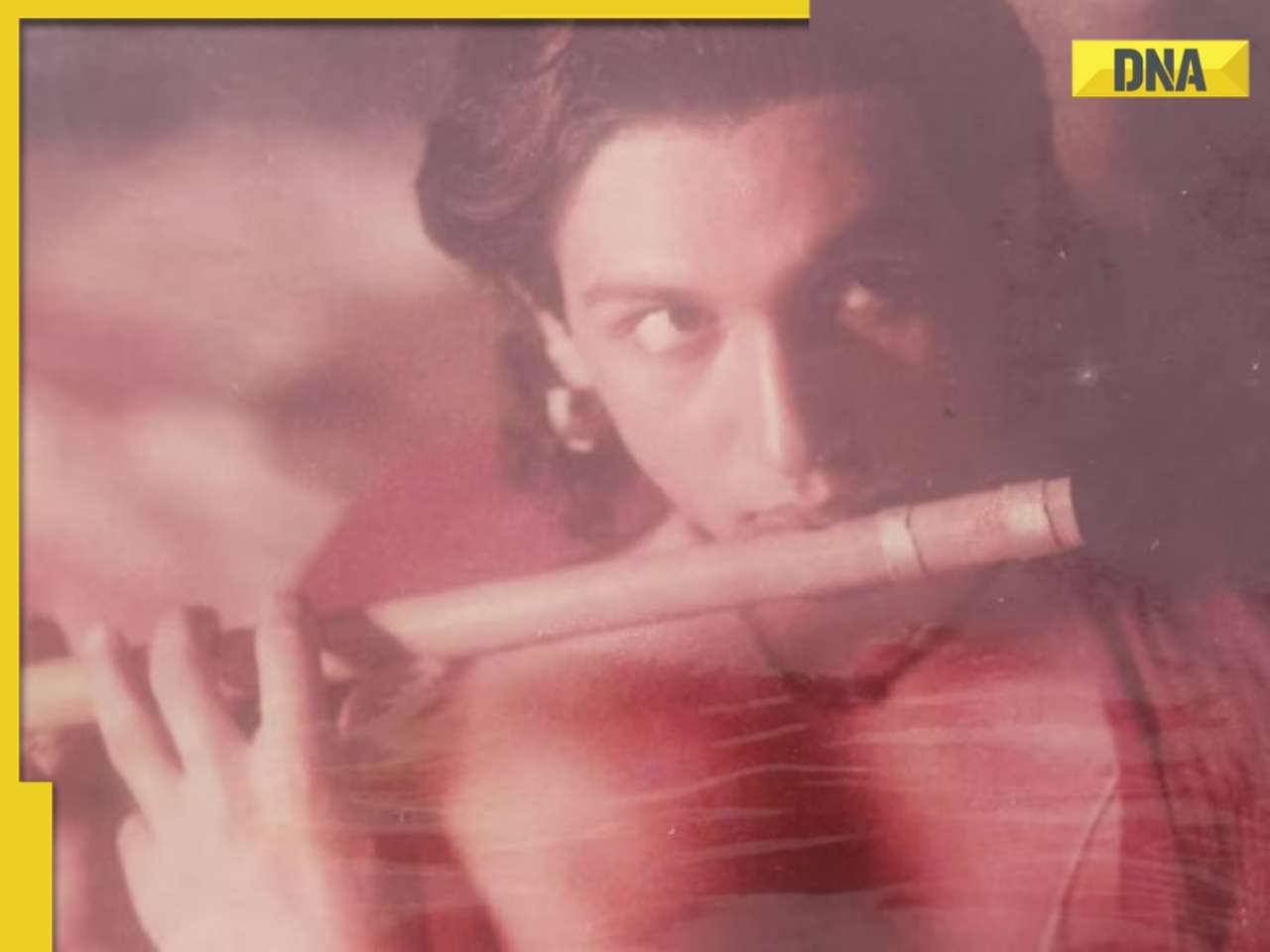
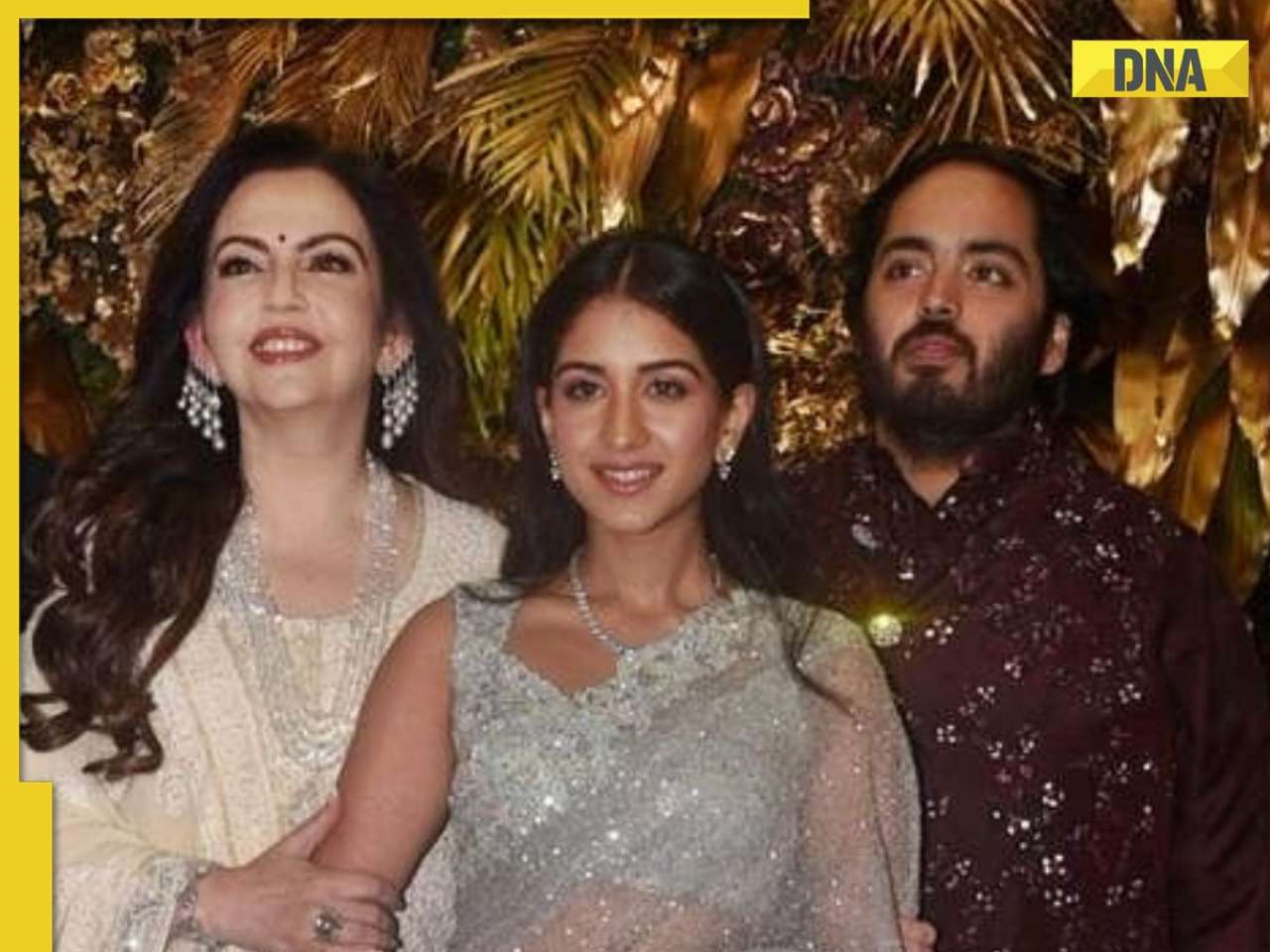
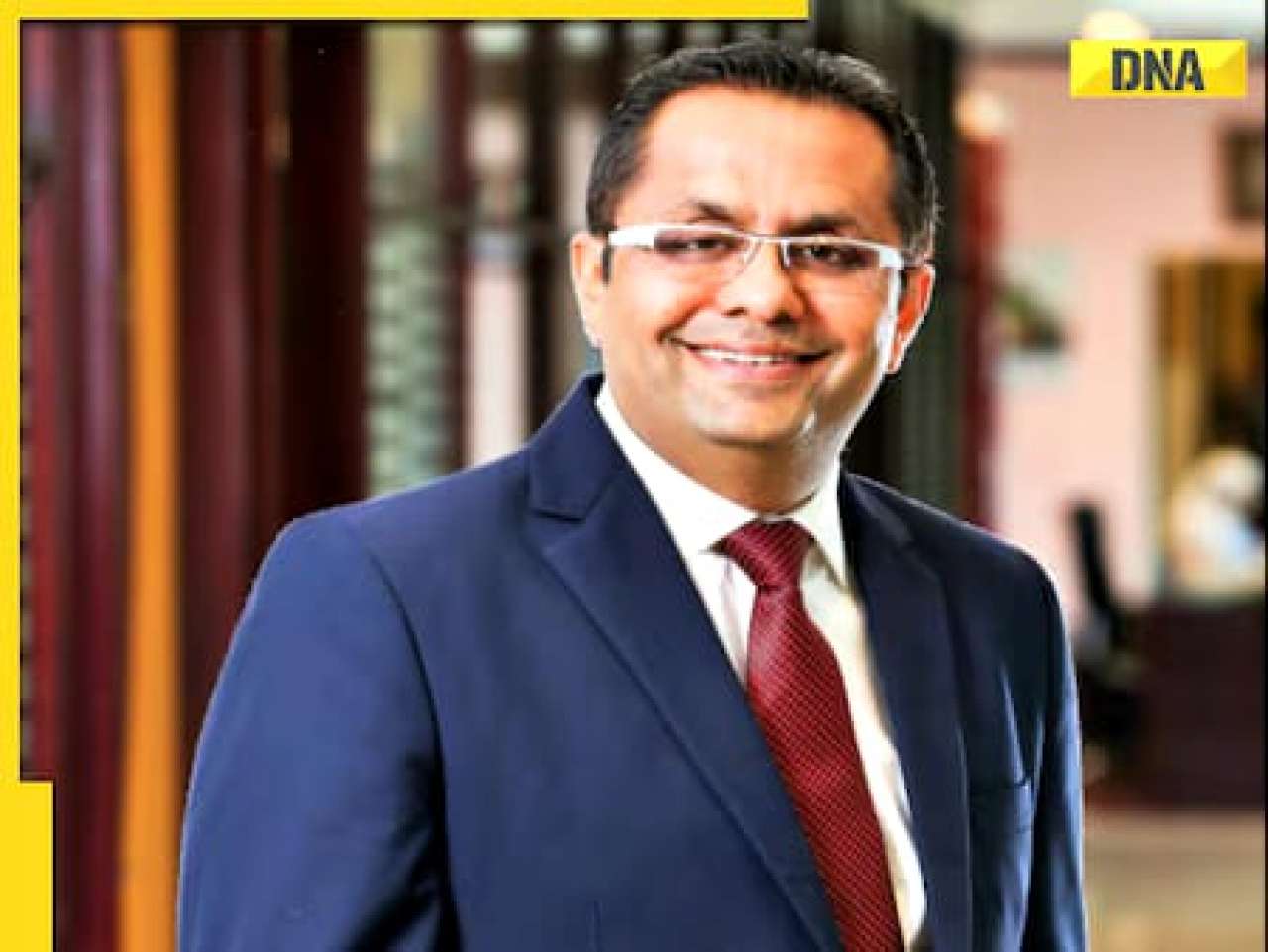
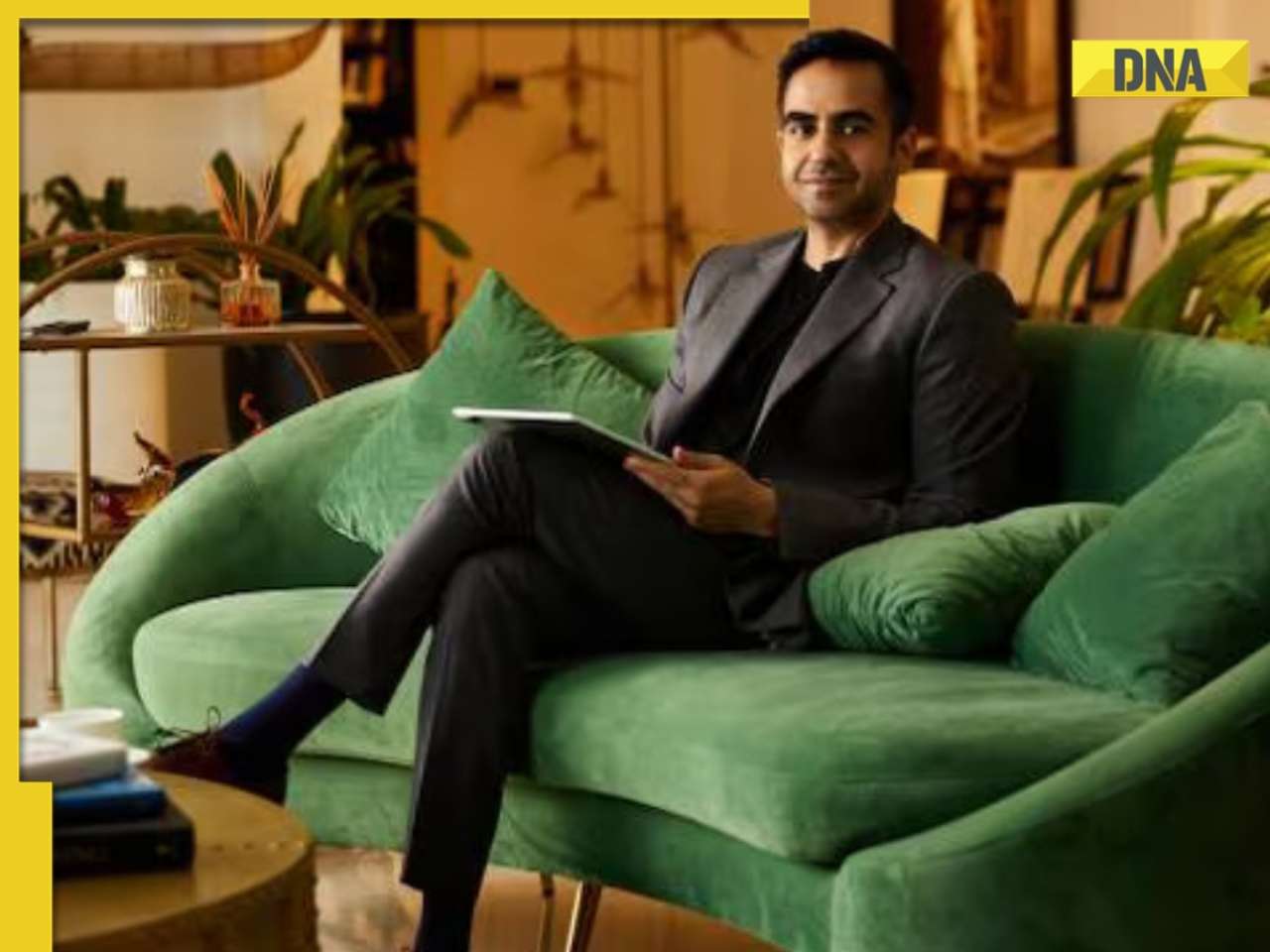
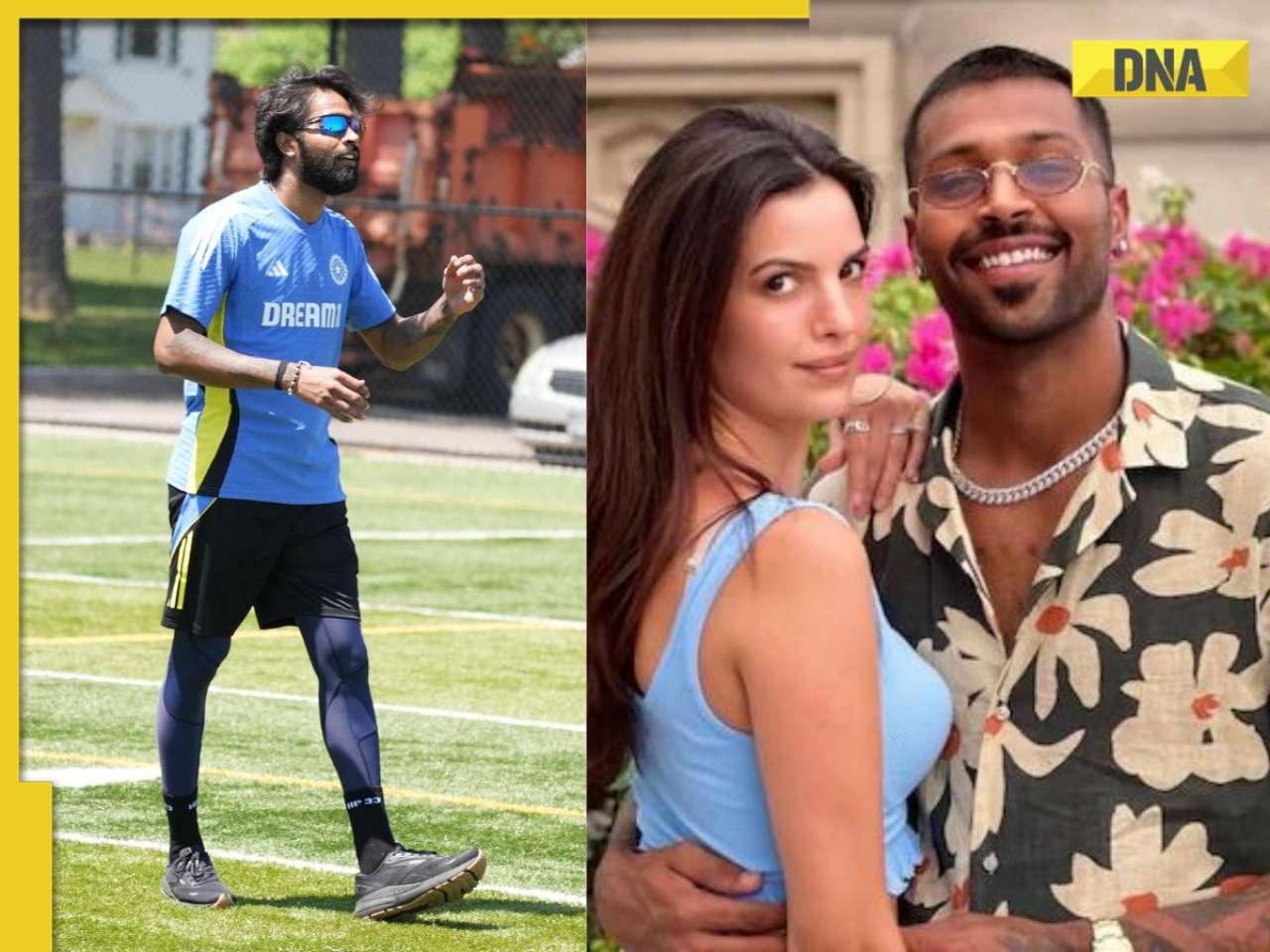
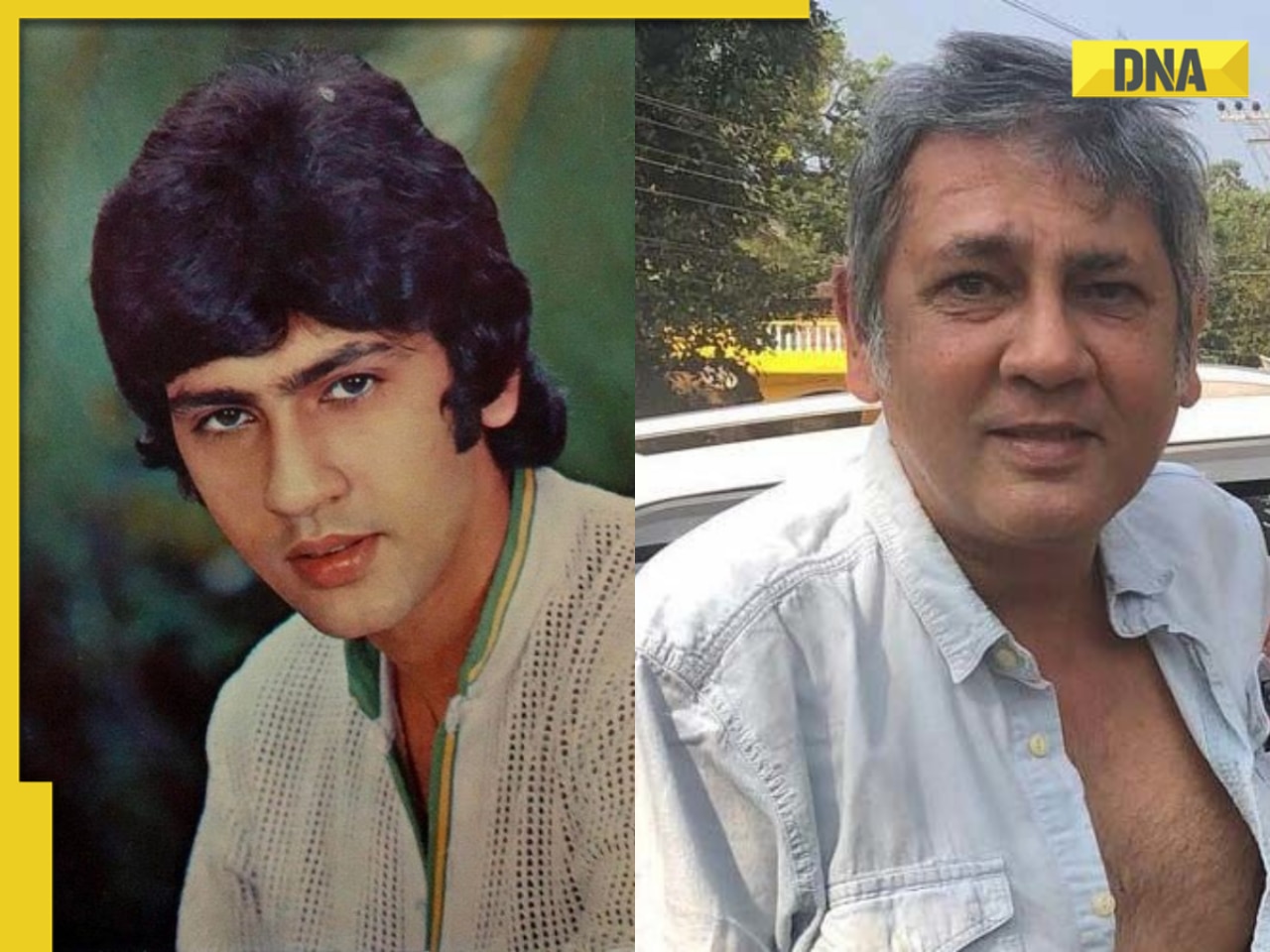
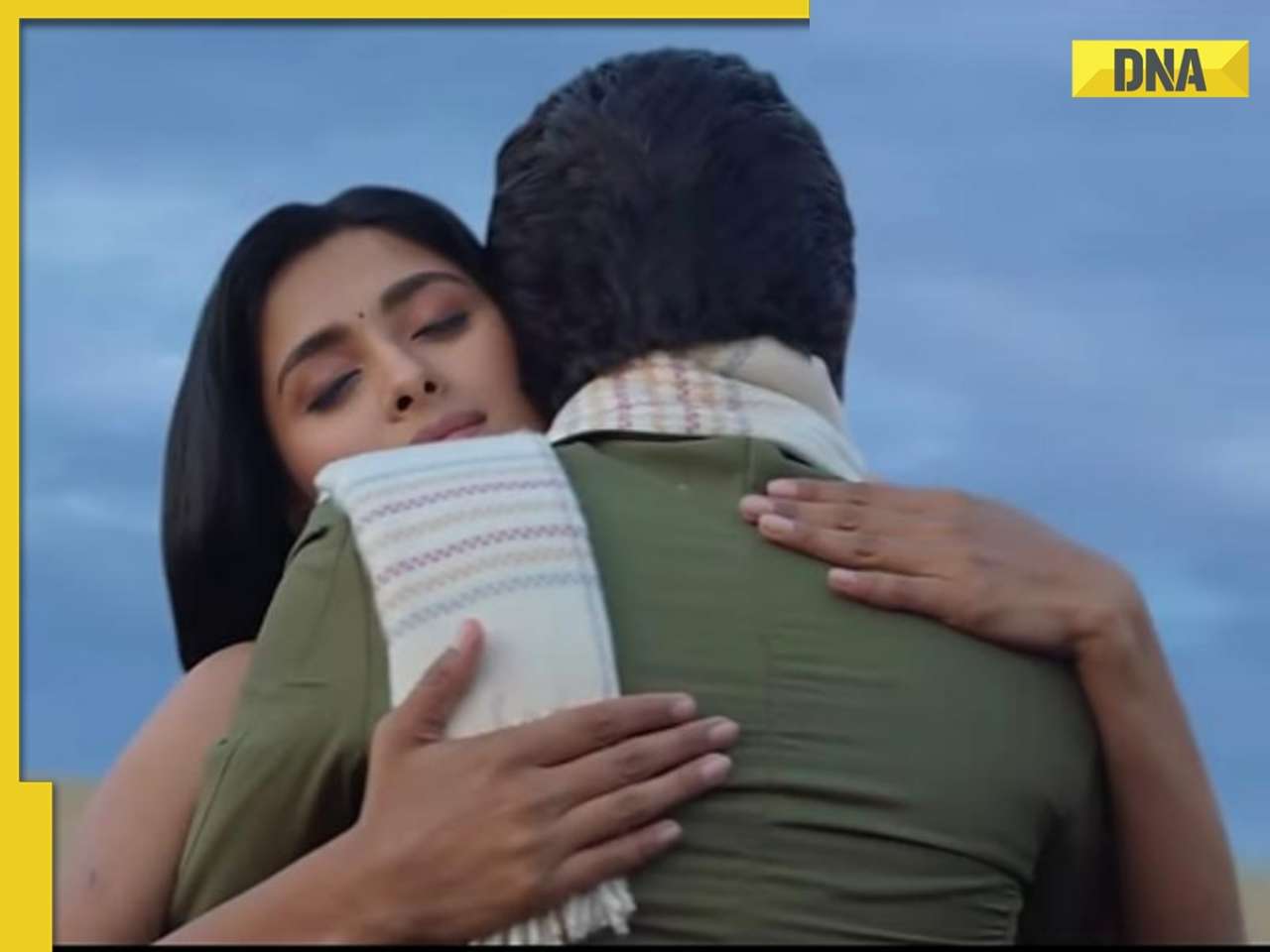
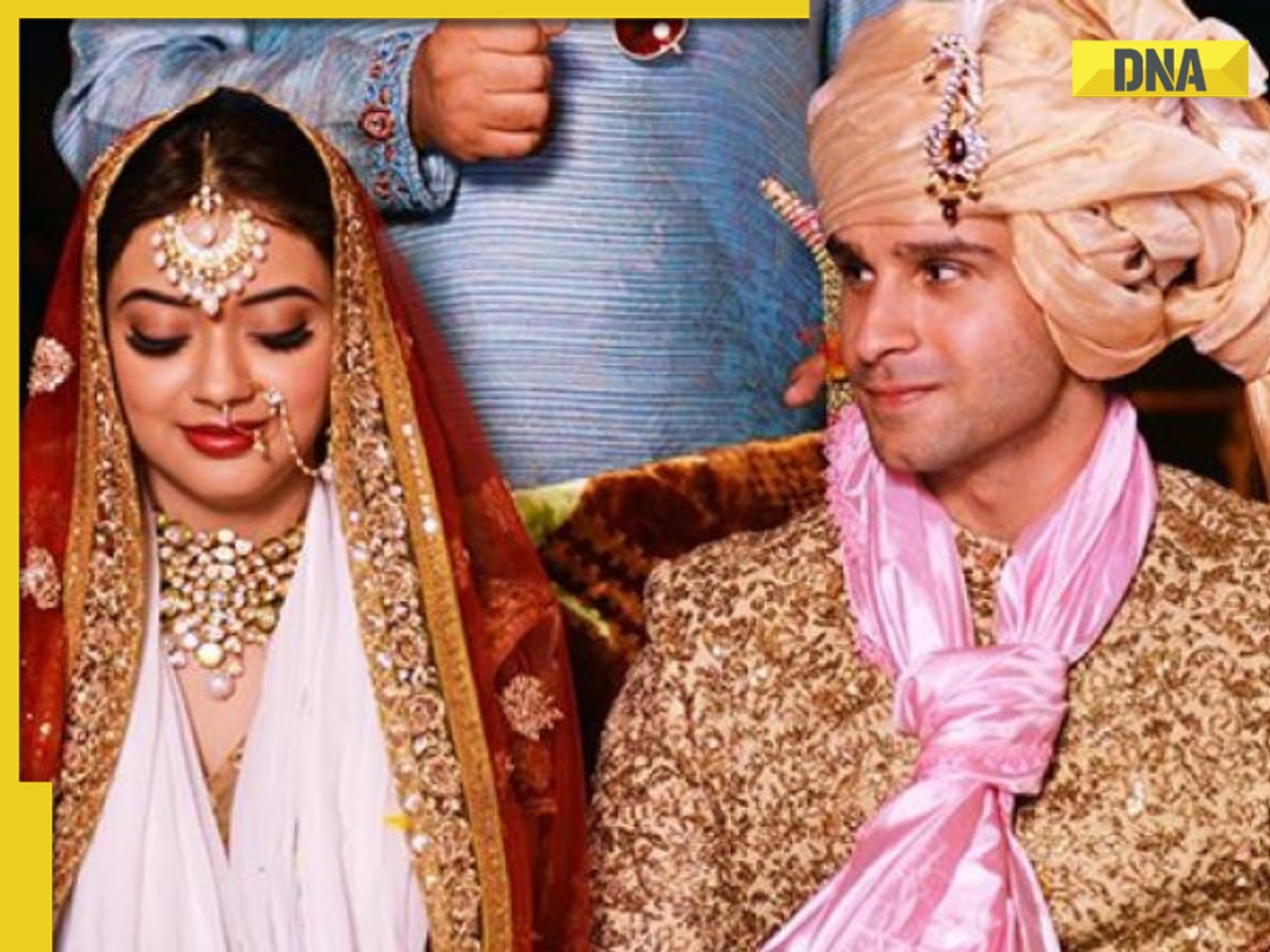
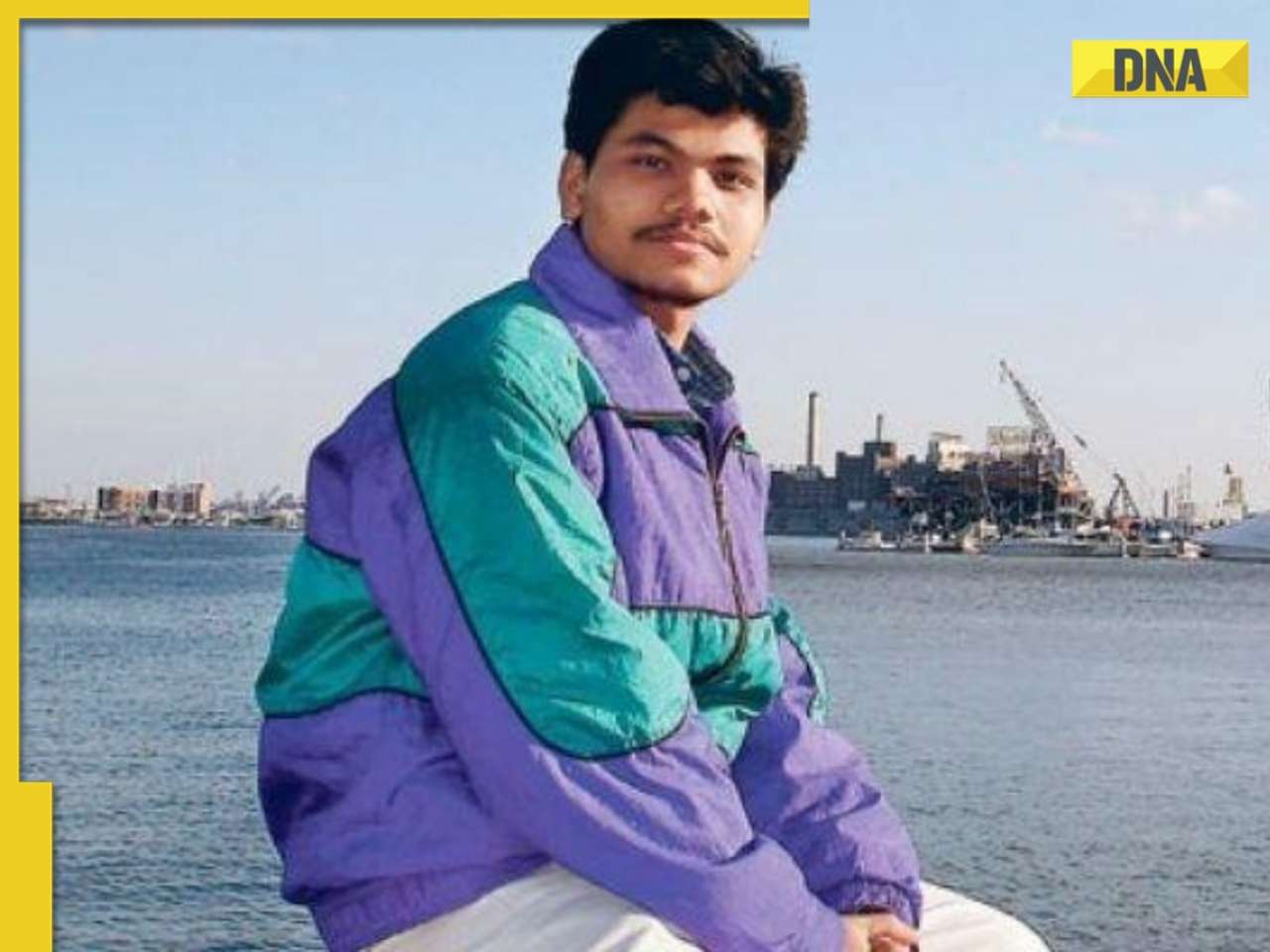
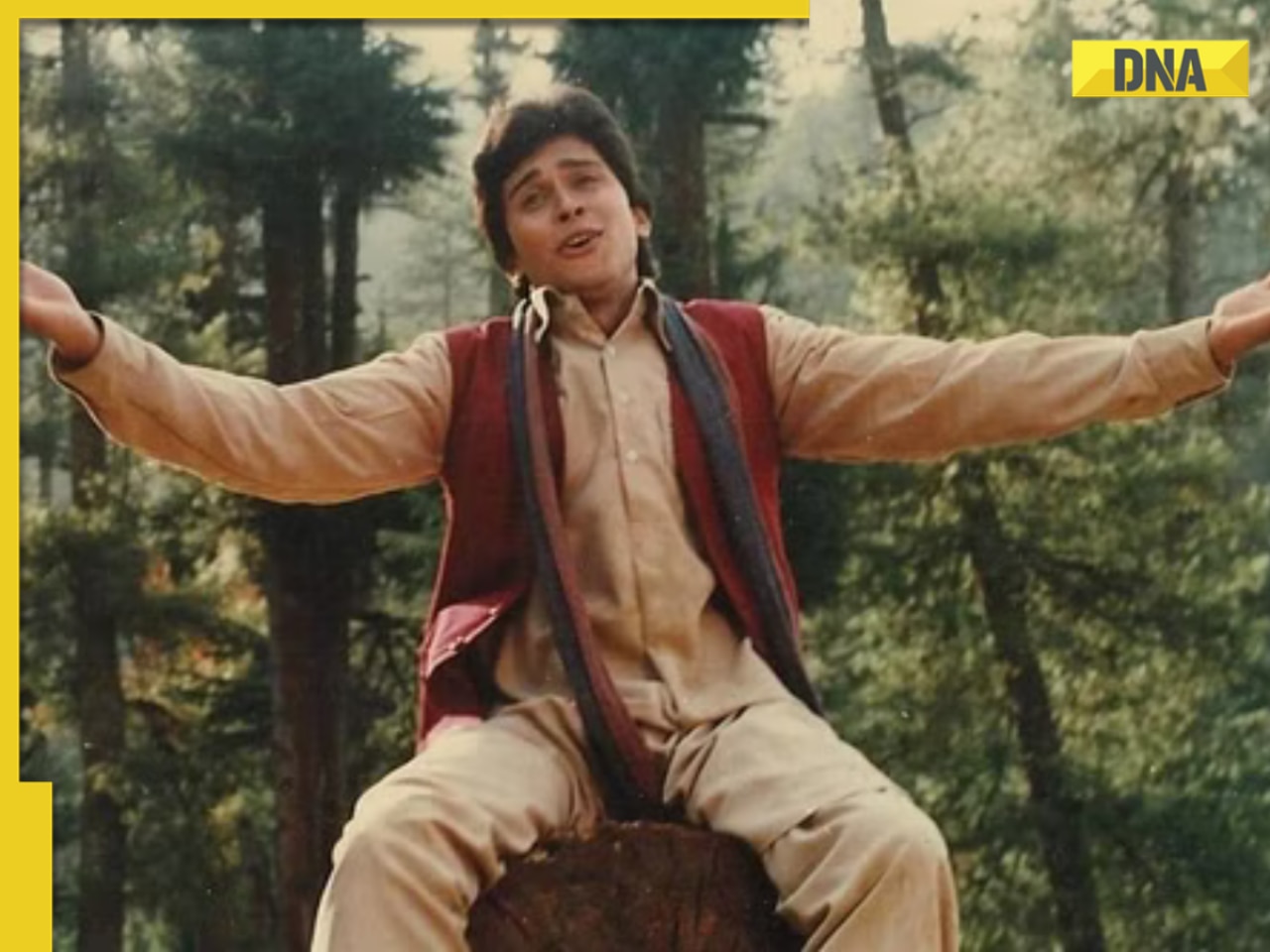
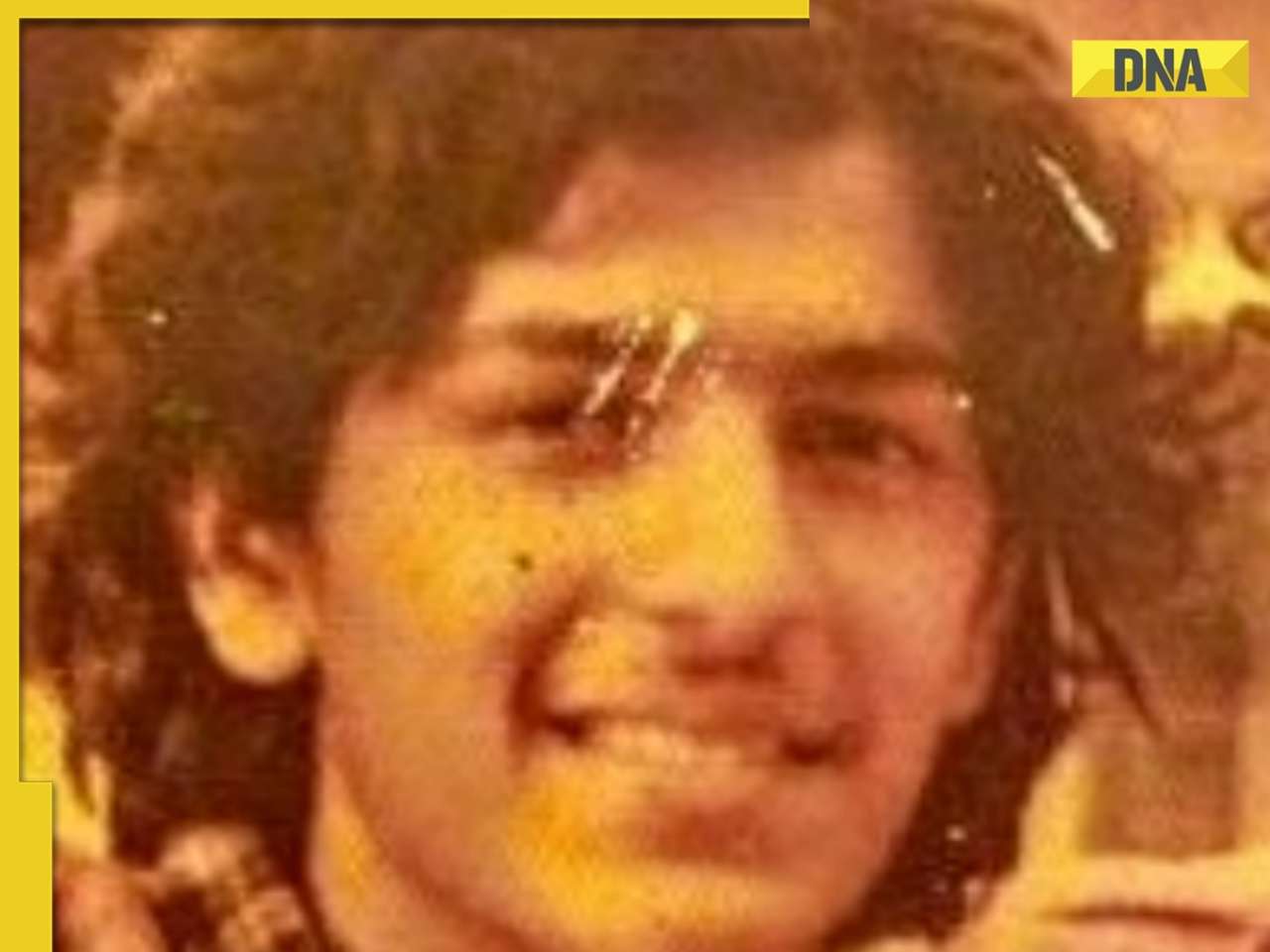
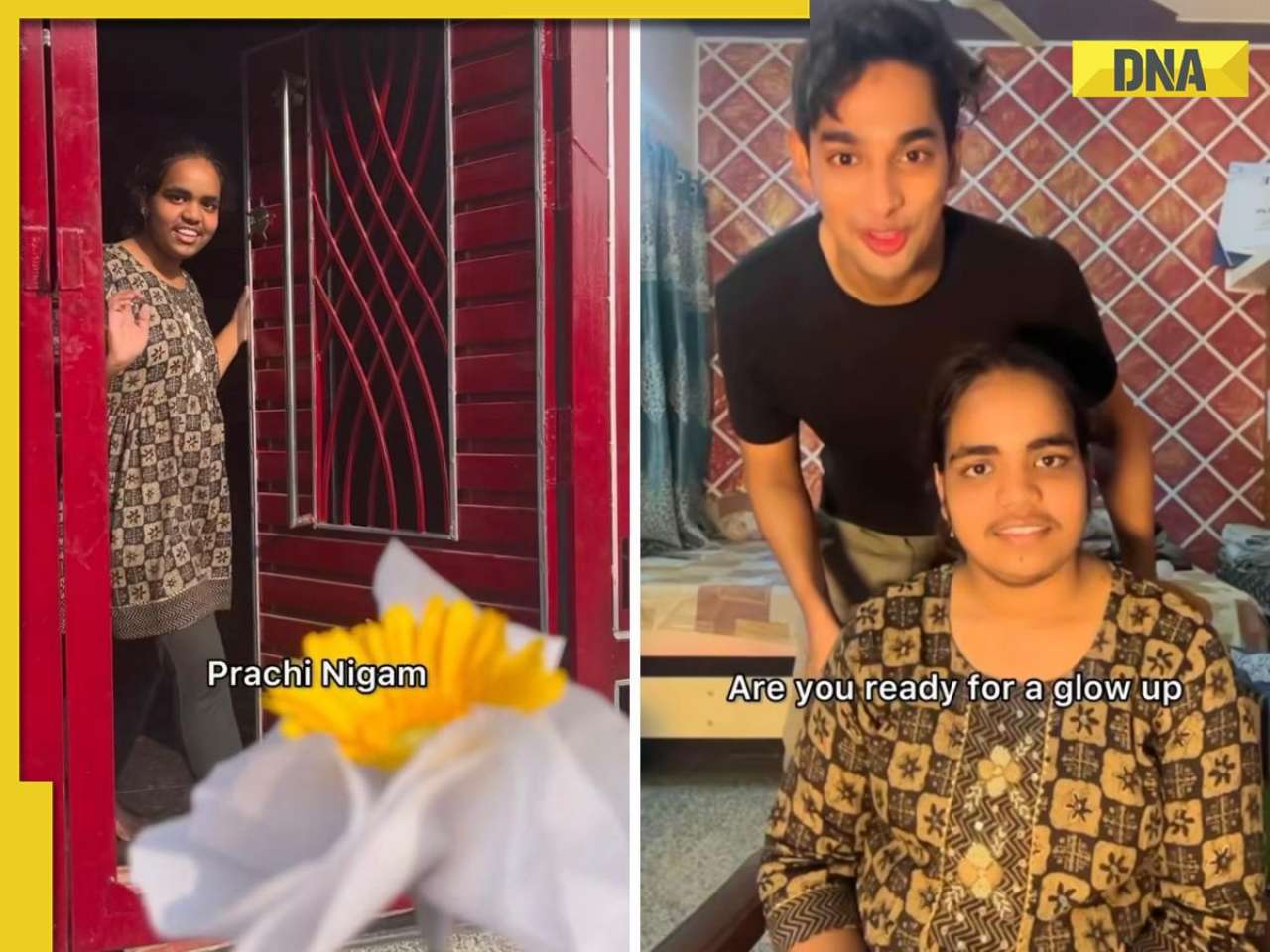




)
)
)
)
)
)